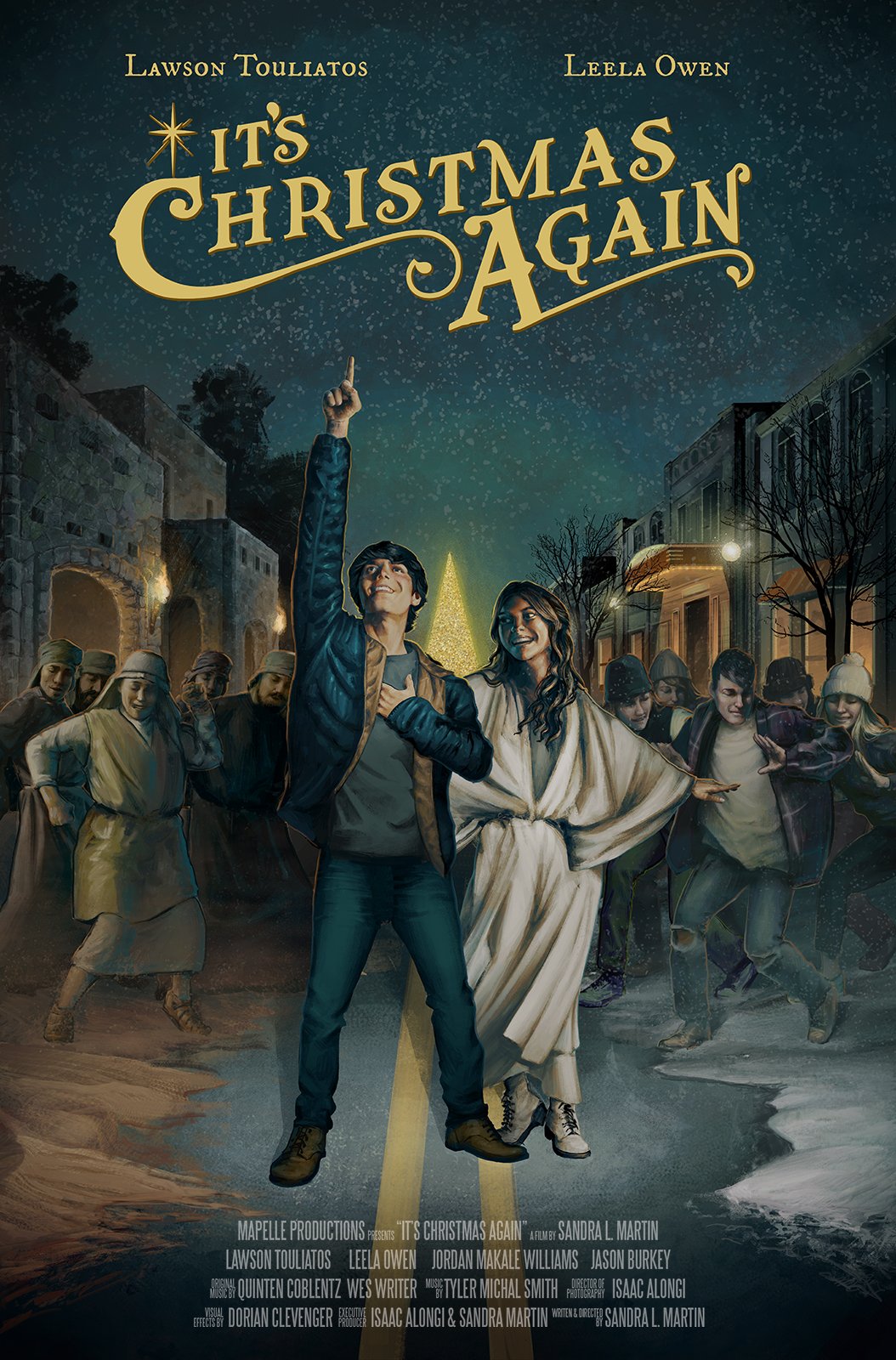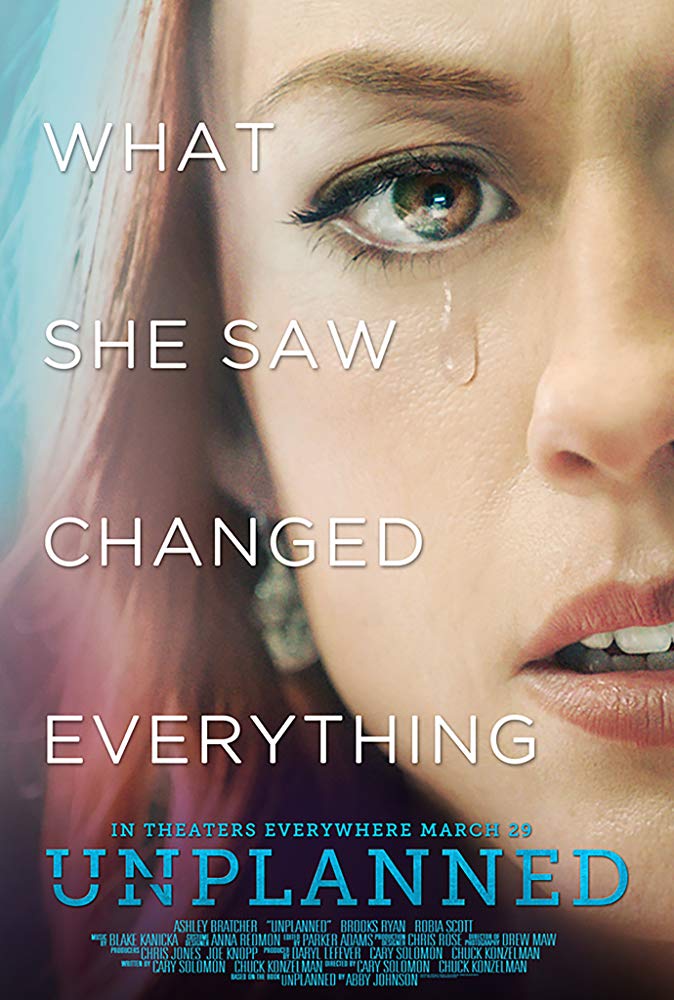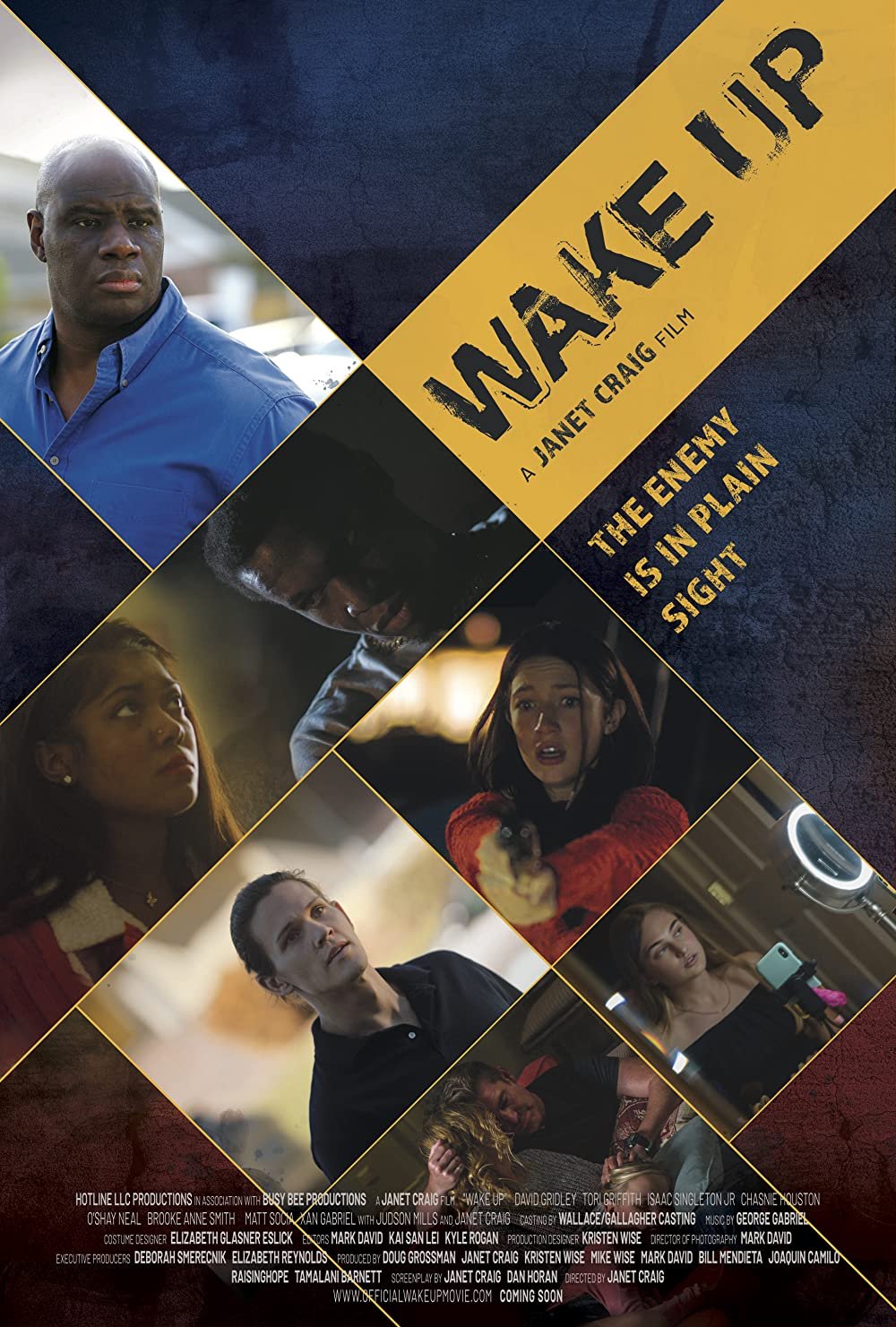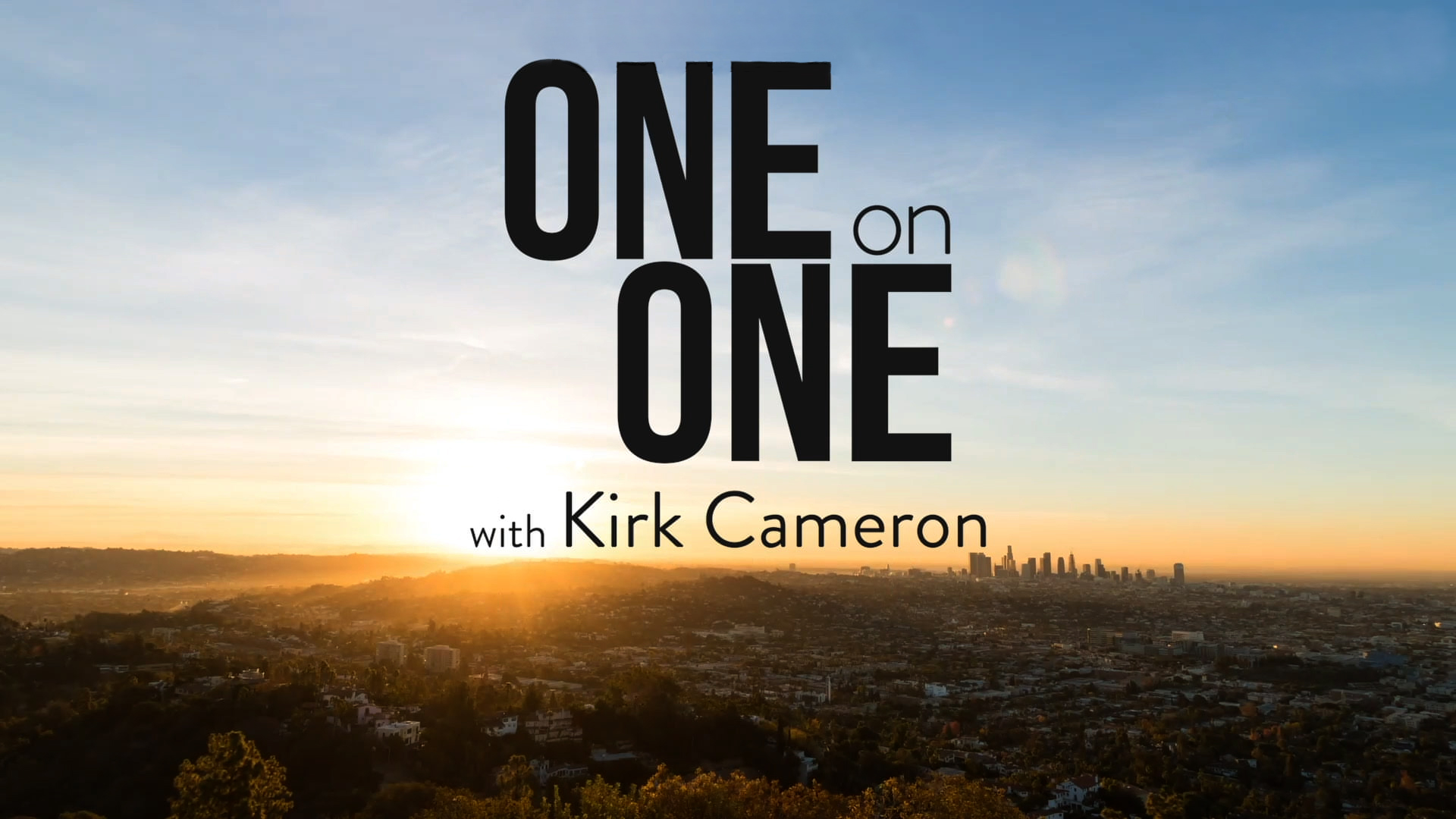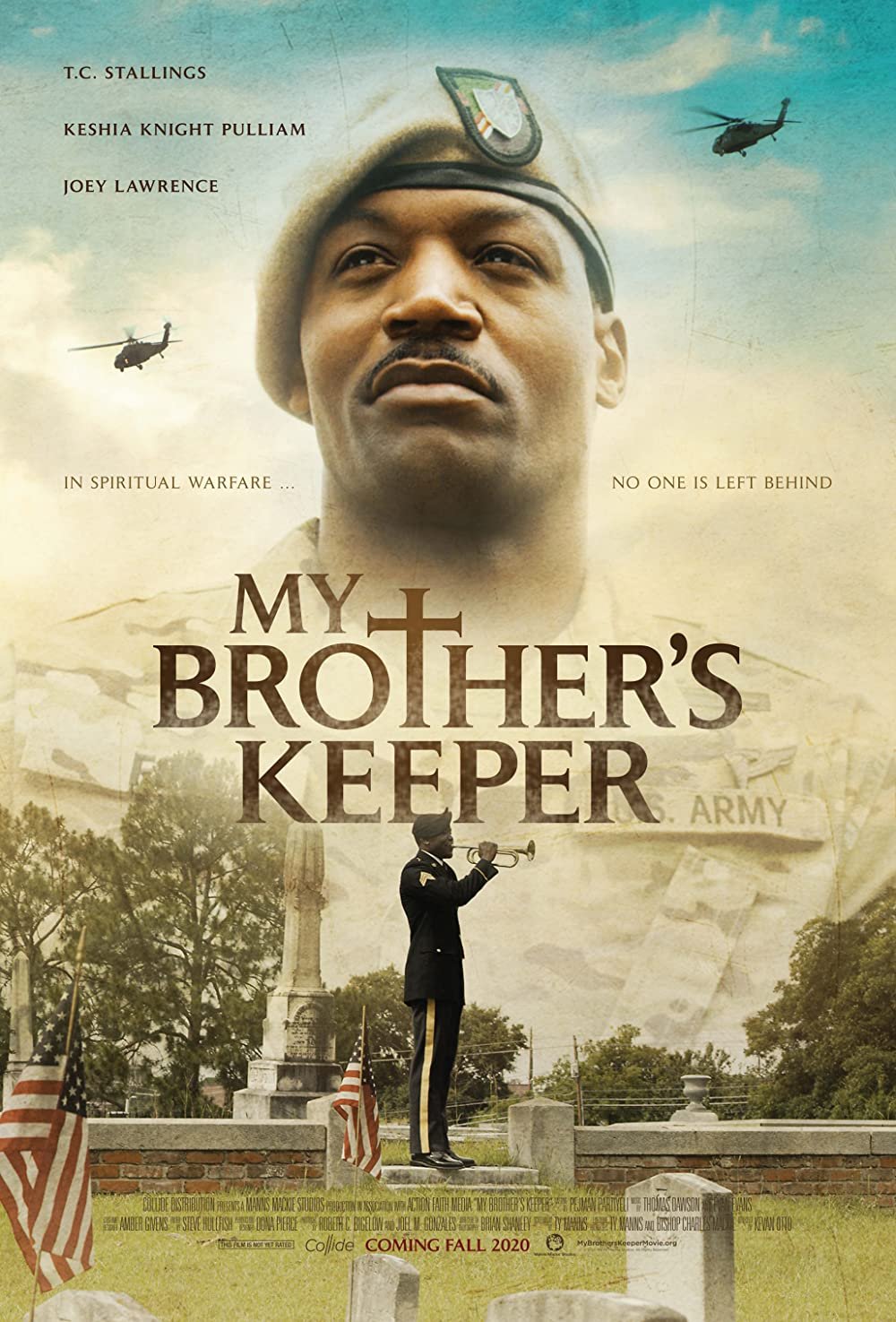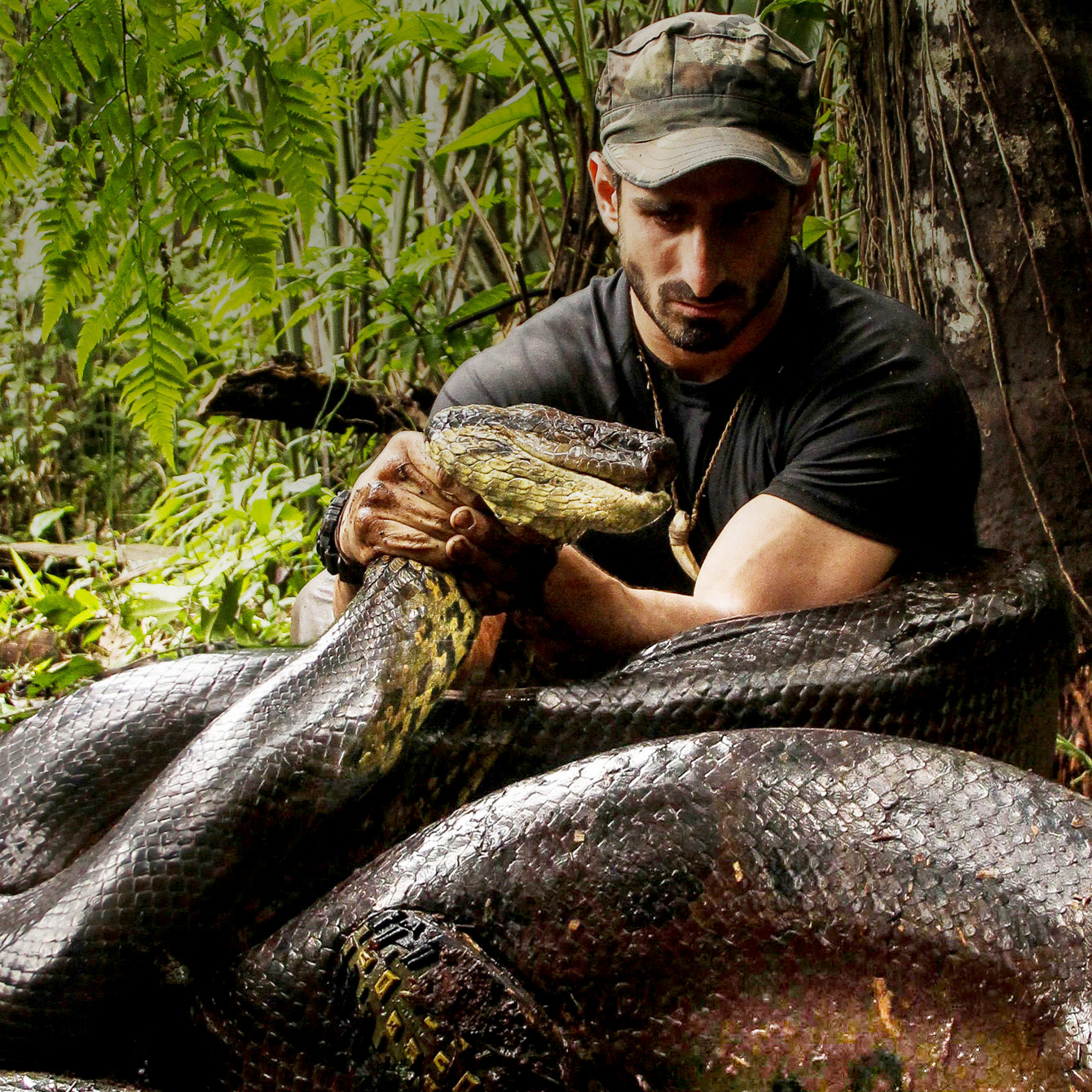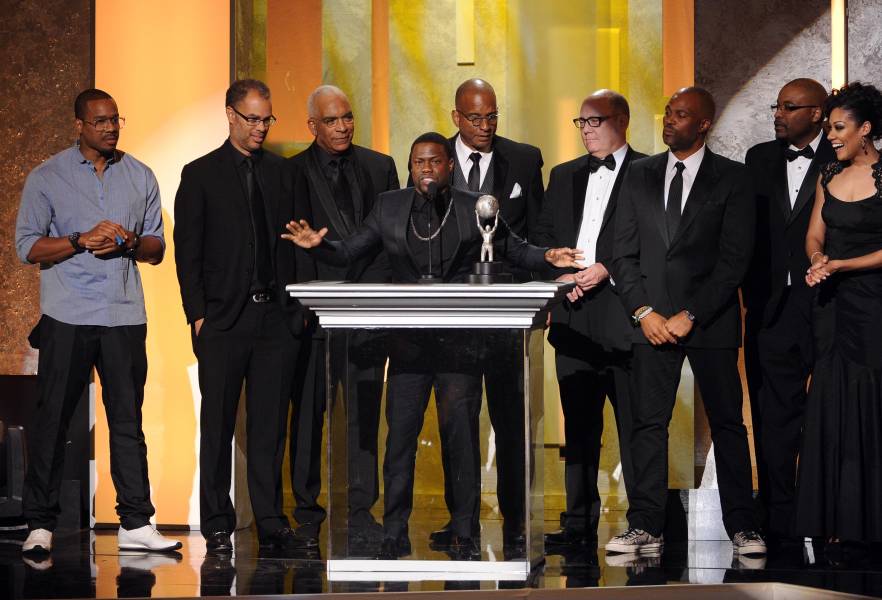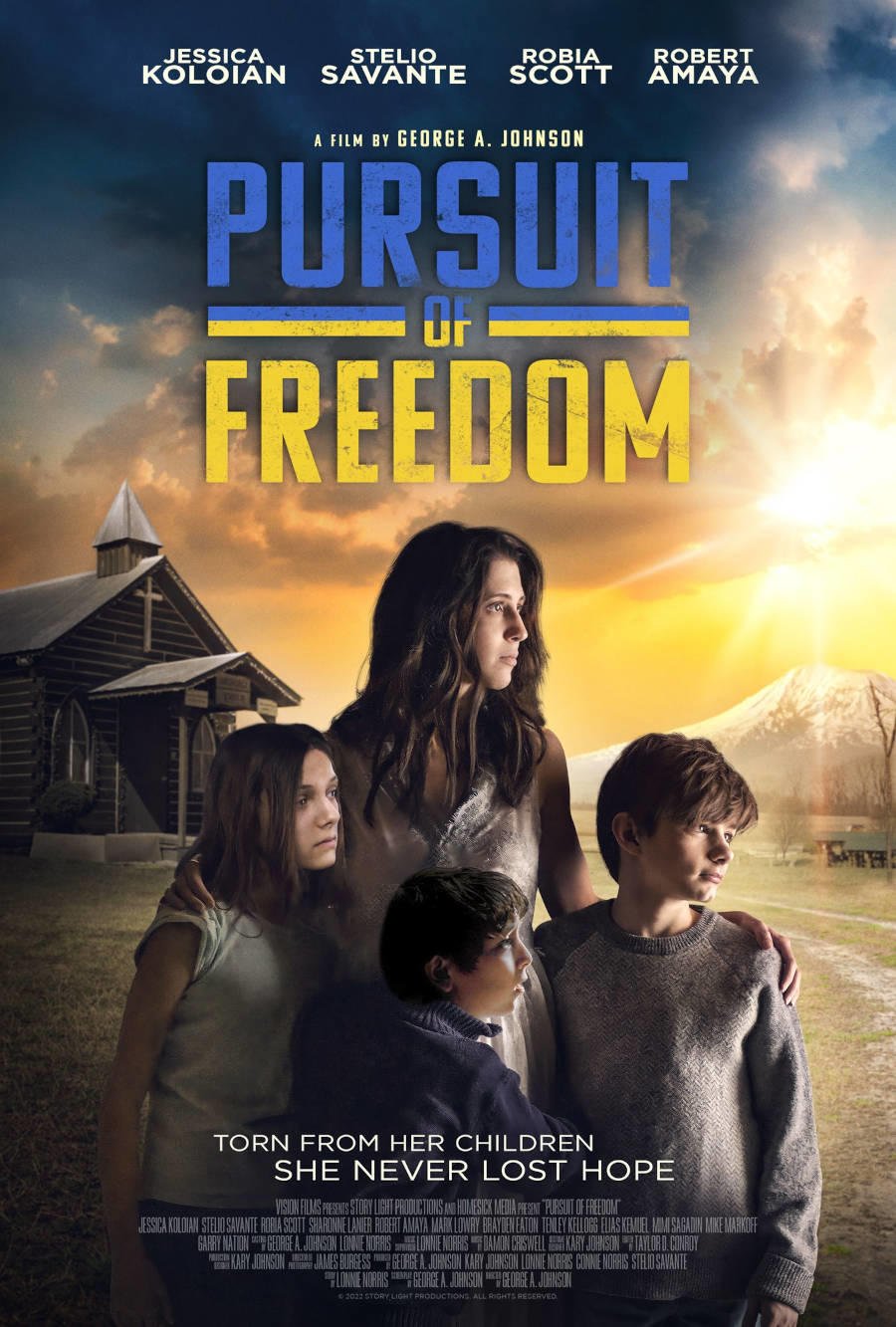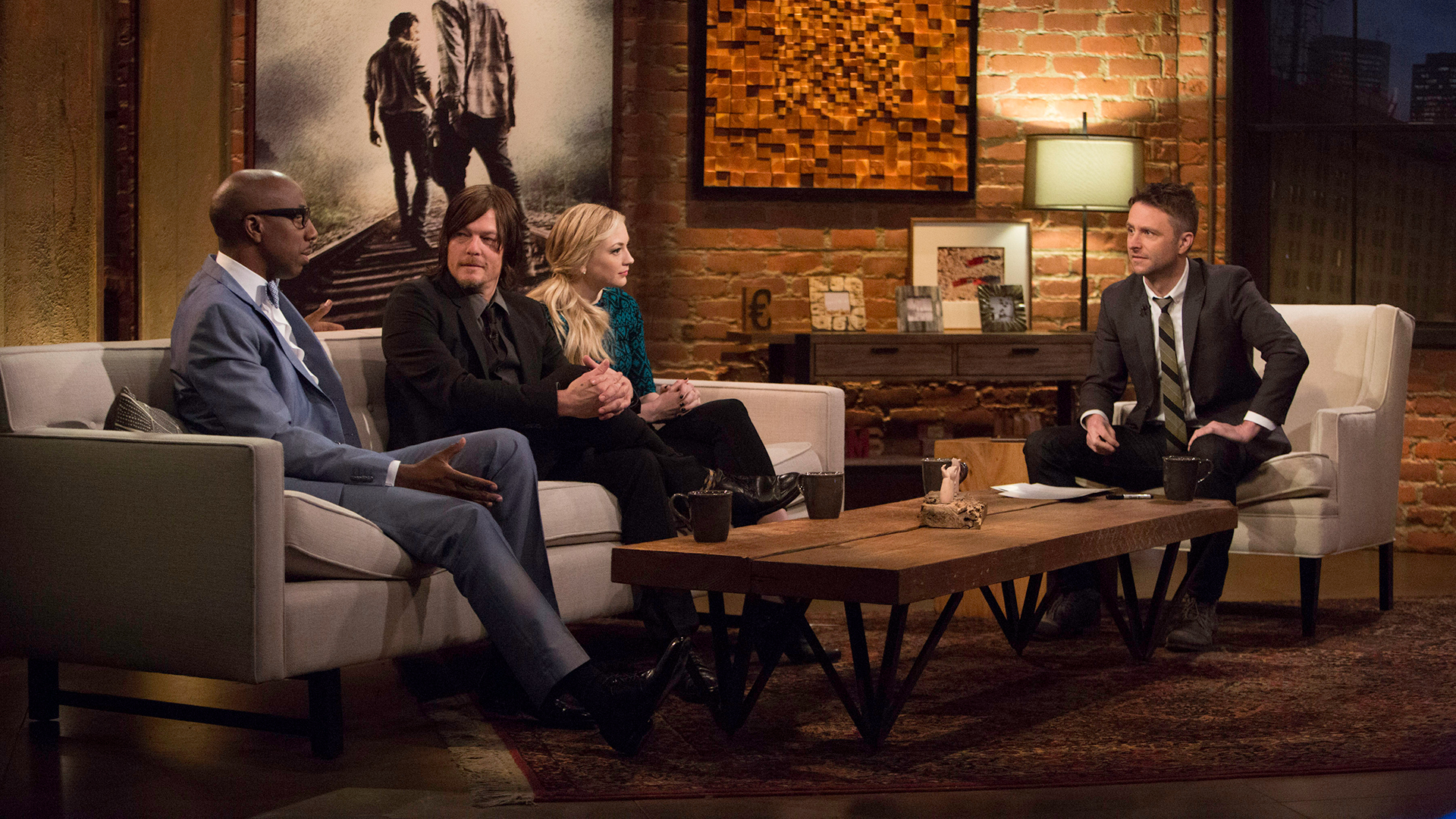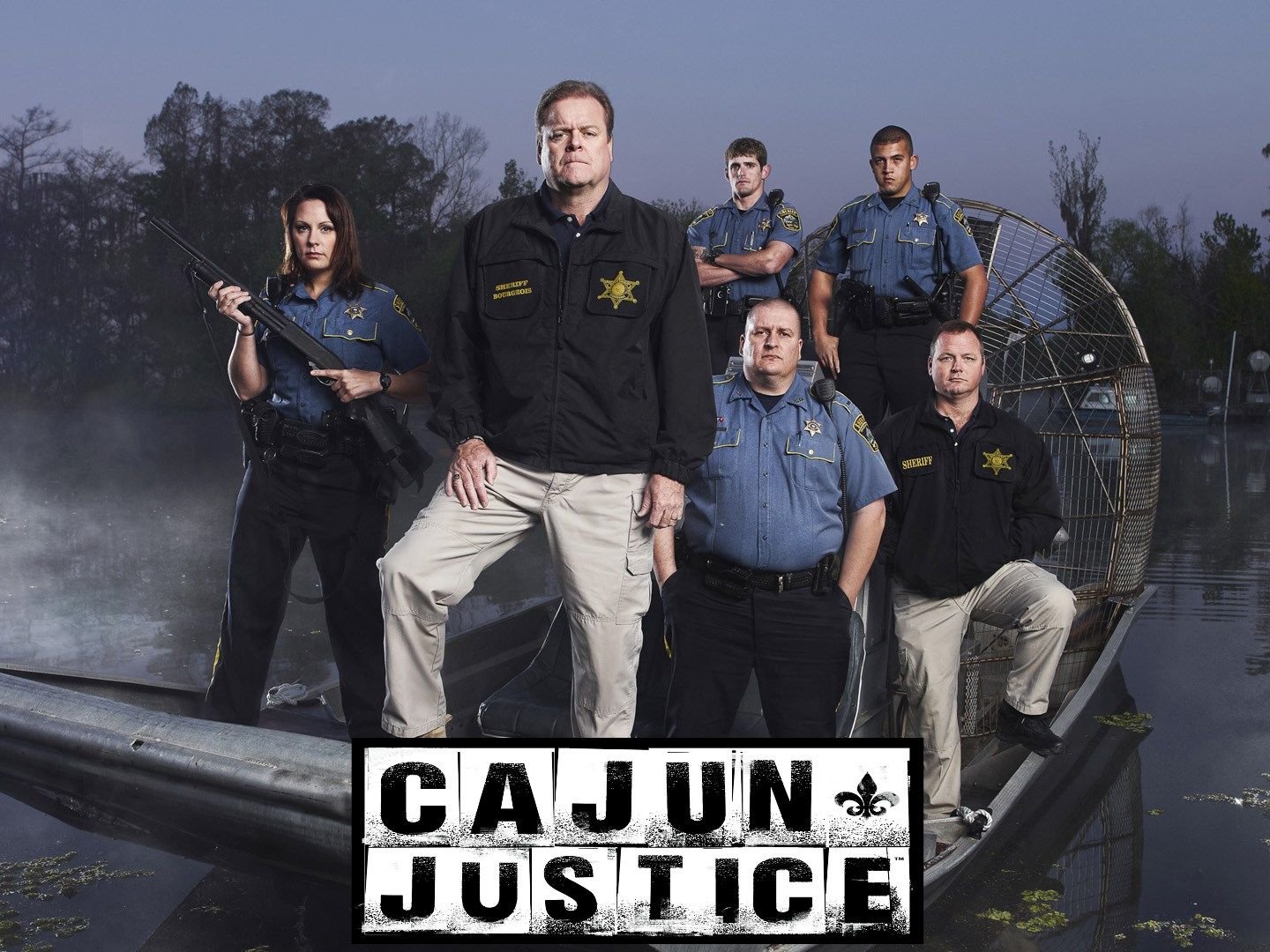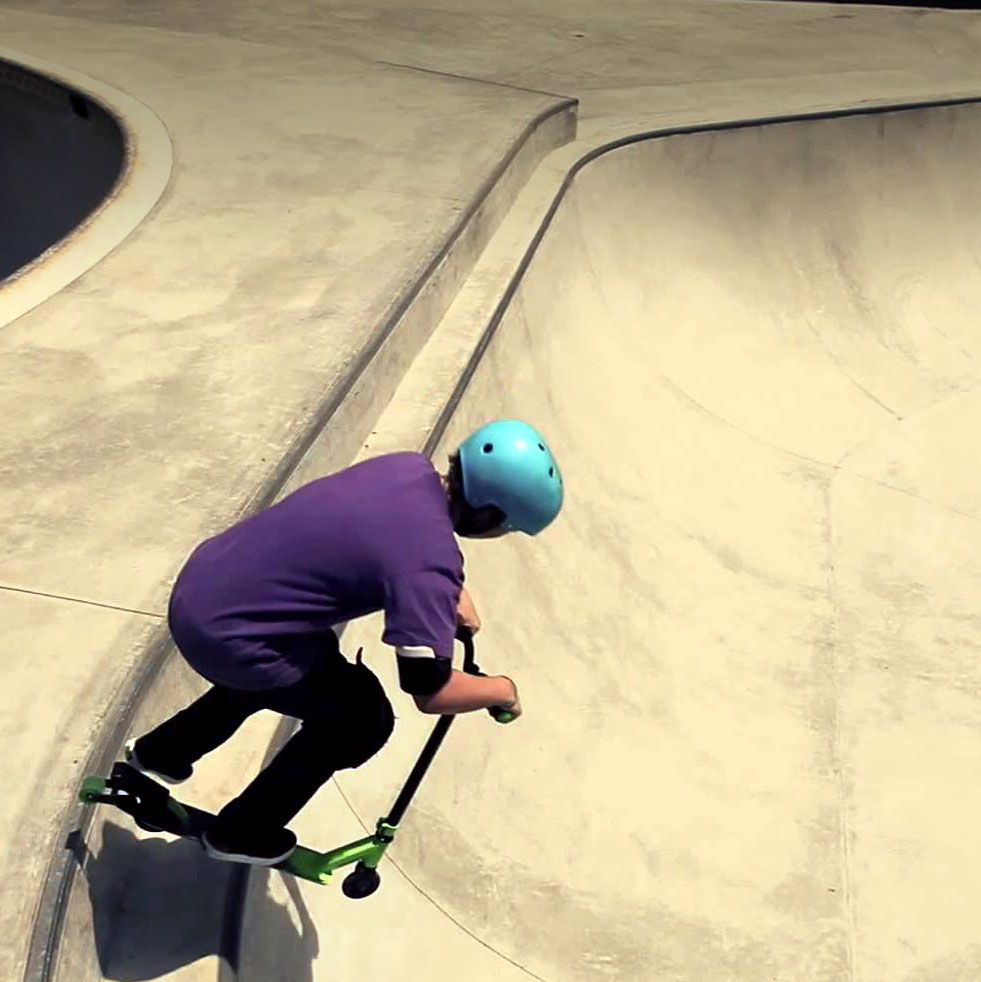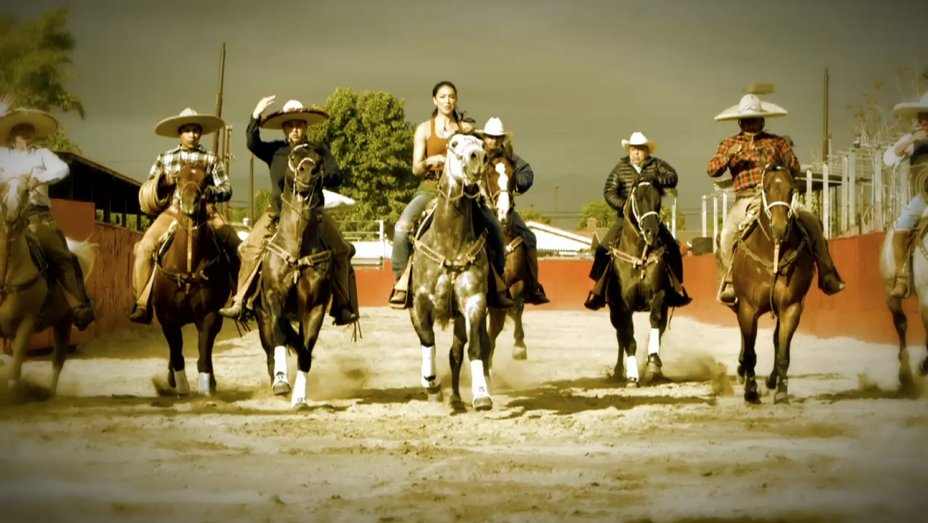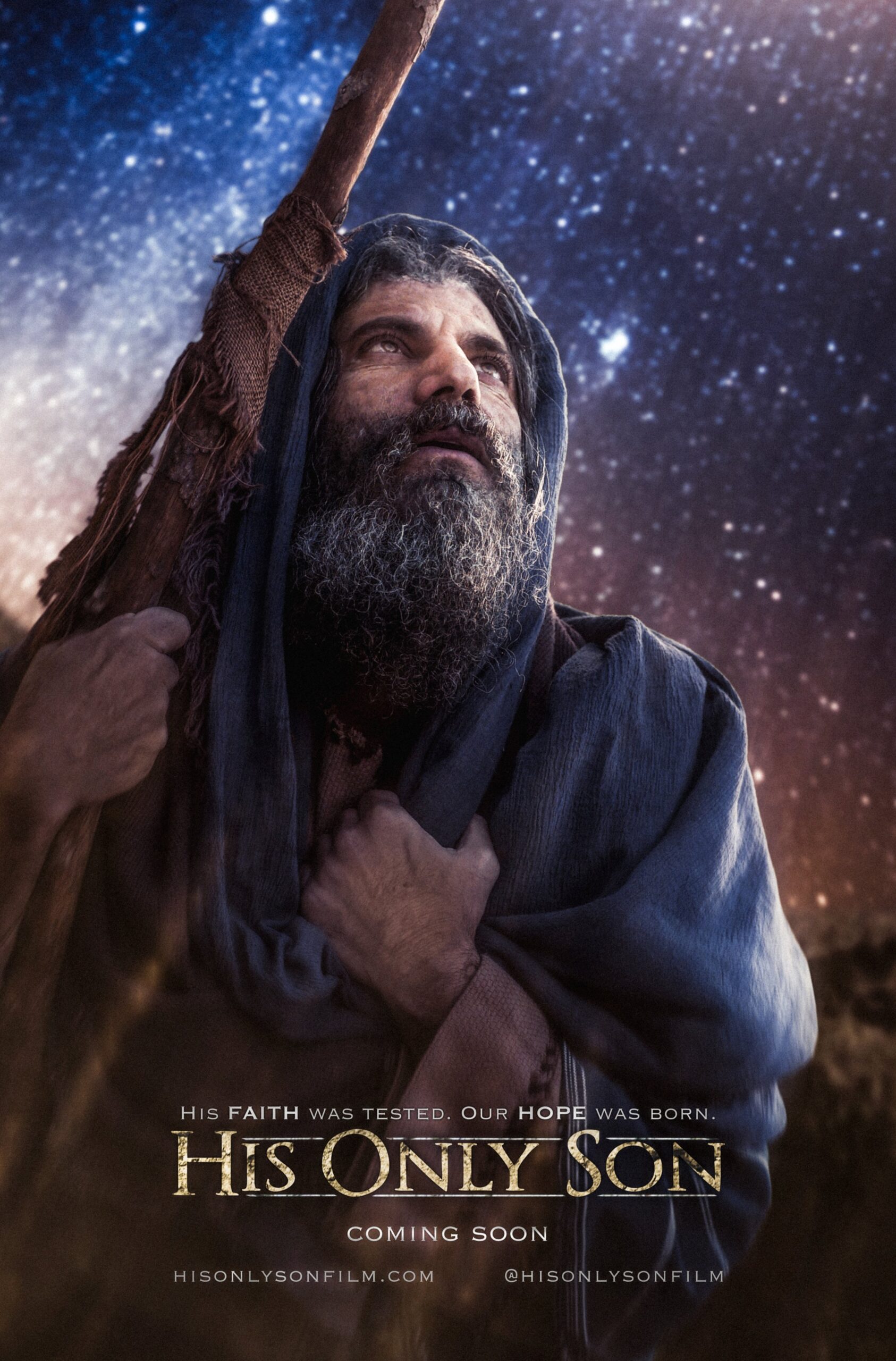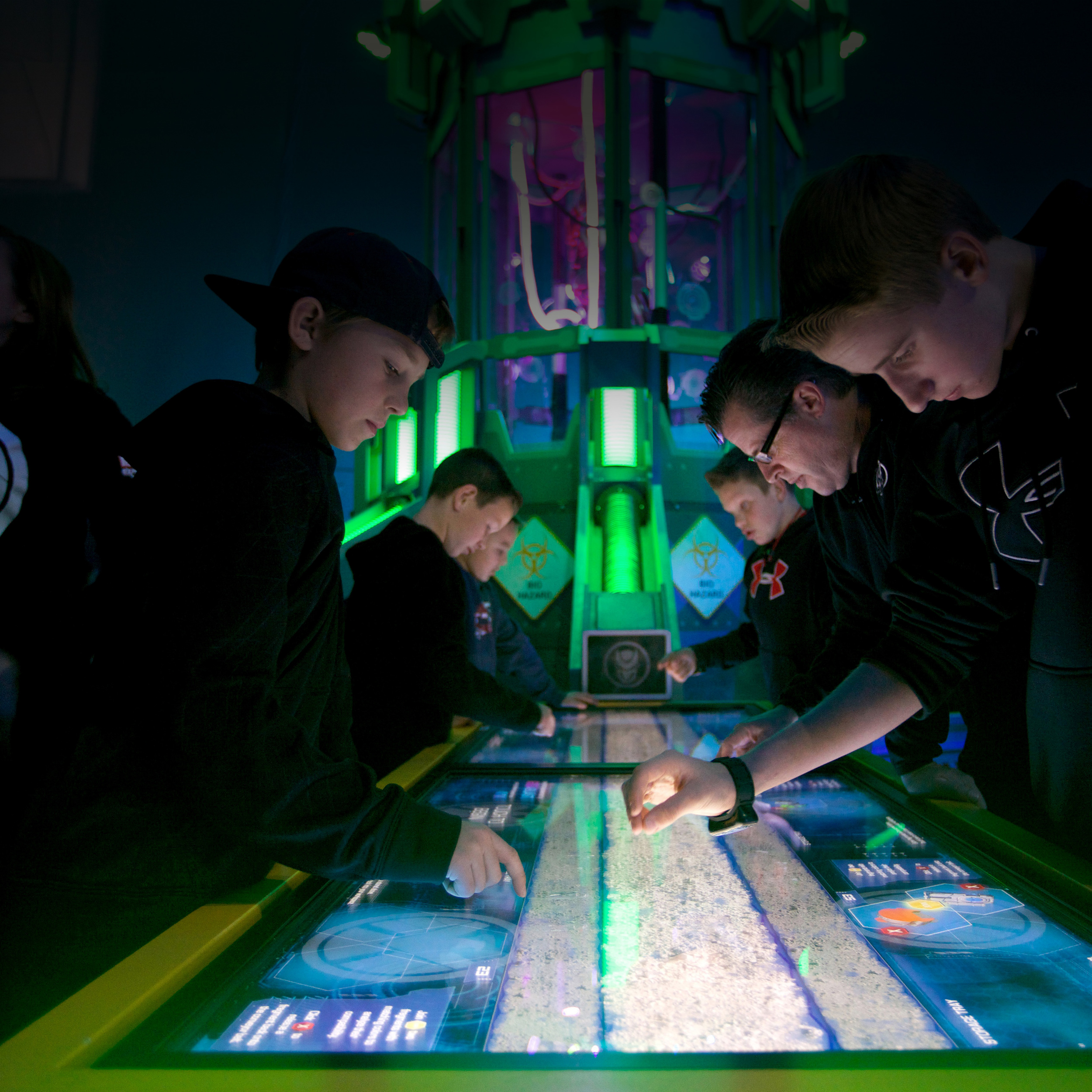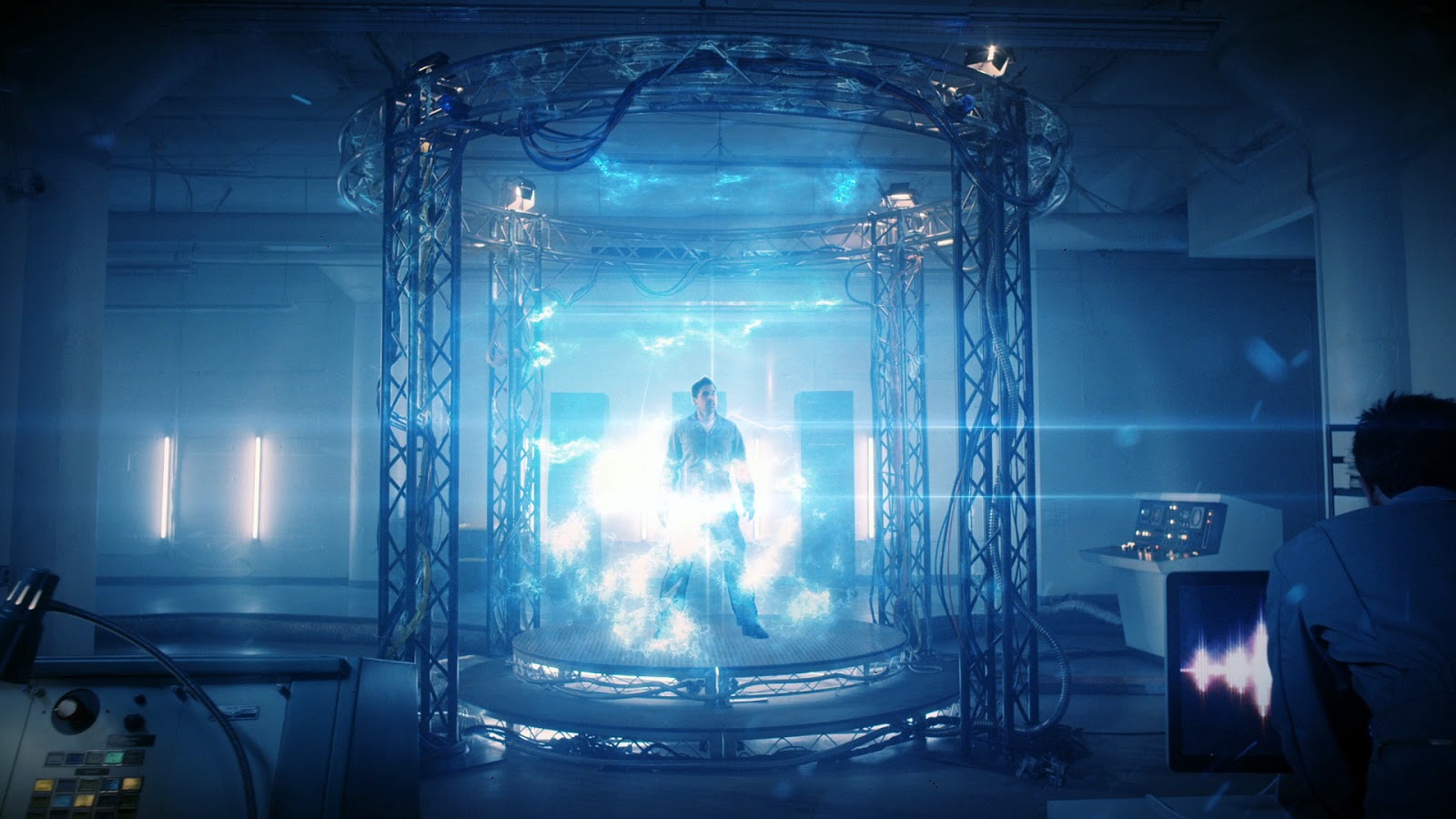Faith Beyond doubt
Set in 52 AD, Faith Beyond Doubt is the story of Apostle Thomas and his journey to India to spread the message of Jesus. Welcomed by many, rejected by his own, threatened by power and eventually martyred. His struggle and eventual surrender to God’s will gives hope to all. A powerful story of how Faith can eventually triumph over Doubt.
Funds will be used to complete post production.
Make An Impact Today
Faith Beyond Doubt
Trailer
Overview
Set in 52 AD, Faith Beyond Doubt is the story of Apostle Thomas and his journey to India to spread the message of Jesus. Welcomed by many, rejected by his own, threatened by power and eventually martyred. His struggle and eventual surrender to God’s will gives hope to all. A powerful story of how Faith can eventually triumph over Doubt.
Using experienced overseas production teams from India and Mauritius as well as bringing in key talent from Hollywood, the film will achieve the look and feel of a major motion picture.
Faith Beyond Doubt’s faith affirming narrative, compelling historical action, stunning visuals, along with exceptionally talented international cast is intended to reach a worldwide audience.
CAST
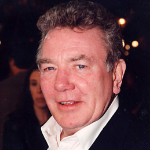
Albert Finney
The son of a Lancashire bookmaker, Albert Finney came to motion pictures via the theatre. In 1956, he won a scholarship to RADA where his fellow alumni included Peter O'Toole and Alan Bates. He joined the Birmingham Repertory where he excelled in plays by William Shakespeare. A member of the Royal Shakespeare Company, Finney understudied Laurence Olivier at Stratford-upon-Avon, eventually acquiring a reputation as 'the new Olivier'. He first came to critical attention by creating the title role in Keith Waterhouse's "Billy Liar" on the London stage. His film debut soon followed with The Entertainer (1960) by Tony Richardson with whom had earlier worked in the theatre. With the changing emphasis in 60s British cinema towards gritty realism and working-class milieus, Finney's typical screen personae became good-looking, often brooding proletarian types and rebellious anti-heroes as personified by his Arthur Seaton in Karel Reisz's Saturday Night and Sunday Morning (1960). His exuberant defining role, however, was in the bawdy period romp Tom Jones (1963) in which Finney revealed a substantial talent for comedy. In the same vein, he scored another hit opposite Audrey Hepburn in the charming marital comedy Two for the Road (1967).
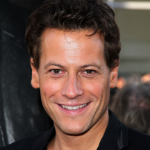
Ioan Gruffudd
Ioan Gruffudd was born on October 6, 1973 in Cardiff, Wales, UK to educators Gillian (James) and Peter Gruffudd. He has a brother, Alun, who is two years younger and a sister, Siwan, who is seven years younger. He got his start at age 13 in the Welsh soap opera Pobol y Cwm (1974). He attended the Royal Academy of Dramatic Art from 1992 to 1995, and was then cast as the title role of the television remake Poldark (1996). After playing Oscar Wilde's lover John Gray in Wilde (1997) and Fifth Officer Harold Lowe in Titanic (1997), Gruffudd became a leading man in the Hornblower series of television movies between 1998 and 2003. He then played Pip in the big budget BBC production of Great Expectations (1999). Other film roles include 102 Dalmatians (2000), Black Hawk Down (2001), King Arthur (2004), Amazing Grace (2006), Fantastic Four (2005) and Fantastic Four: Rise of the Silver Surfer (2007).
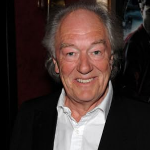
Michael Gambon
Sir Michael Gambon was born in Cabra, Dublin, Ireland, to Mary (Hoare), a seamstress, and Edward Gambon, an engineer. After joining the National Theatre, under the Artistic Directorship of Sir Laurence Olivier, Gambon went on to appear in a number of leading roles in plays written by Alan Ayckbourn. His career was catapulted in 1980 when he took the lead role in John Dexter's production of "Galileo". Since then, Gambon has regularly appeared at the Royal National Theatre and the RSC. Roles include, King Lear, Othello, Mark Anthony and Volpone. He was described by the late Sir Ralph Richardson as being "The Great Gambon" and he is now considered to be one of the British theatre's leading lights. He was made a CBE in 1992.
WAYS TO BE PART OF THE I CAN TEAM
MAKE YOUR DONATION
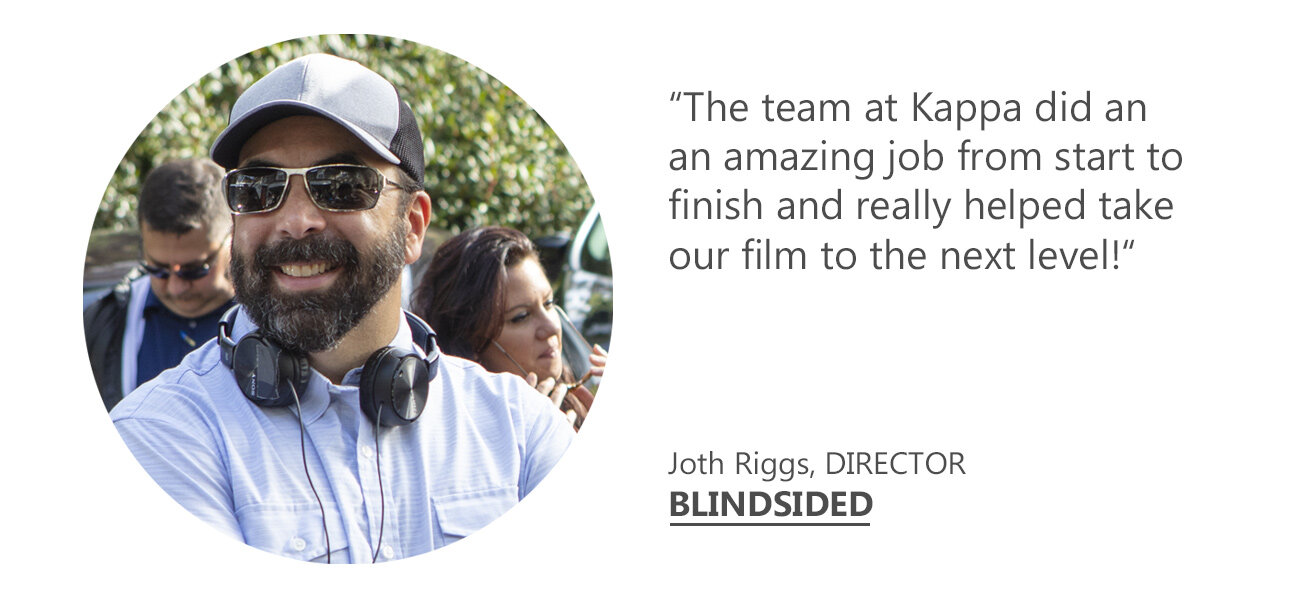
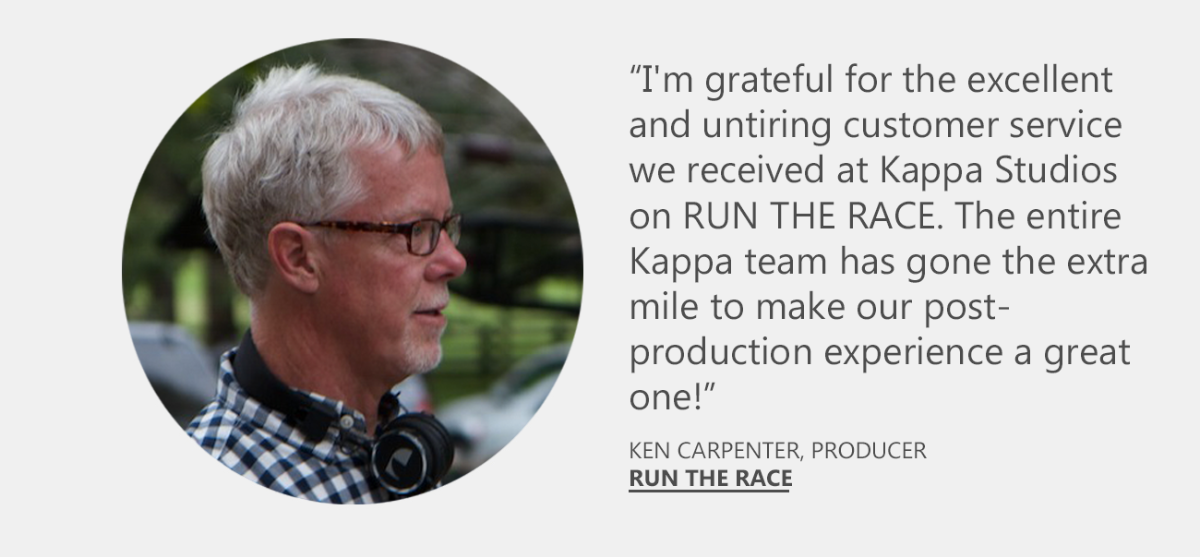
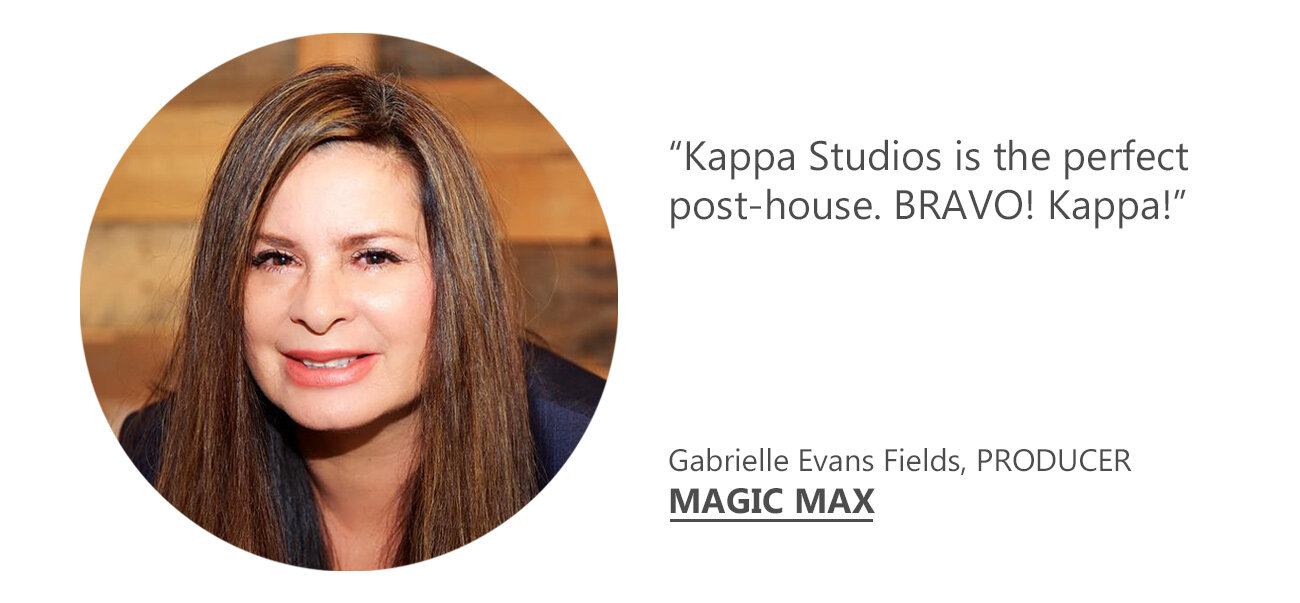
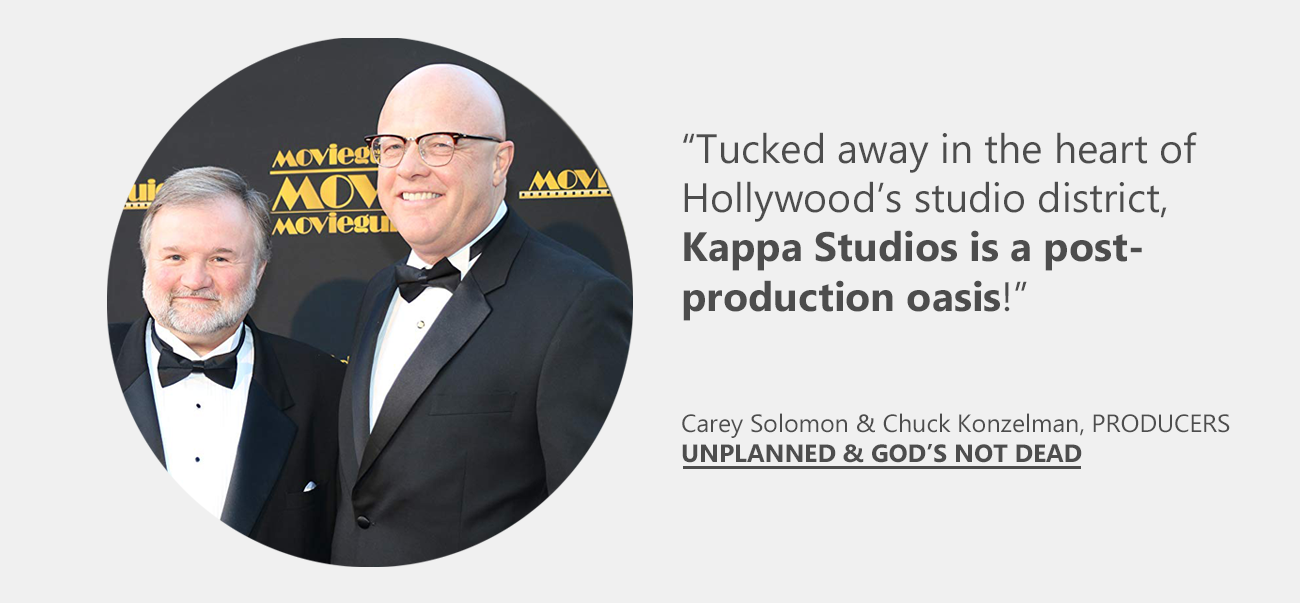
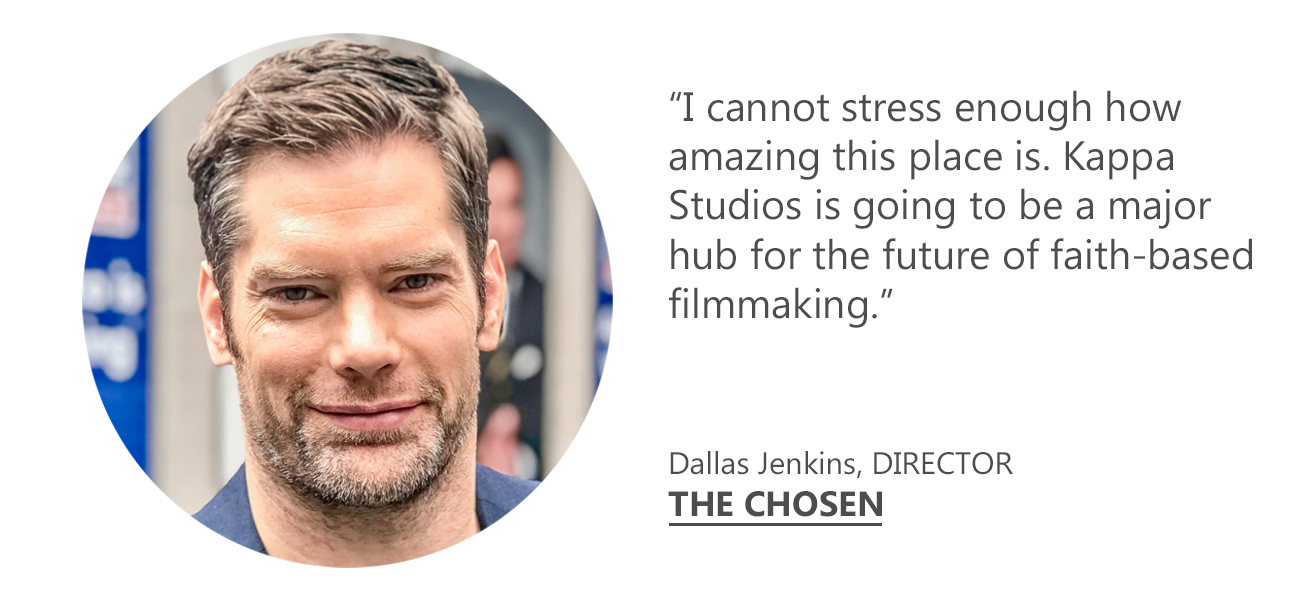
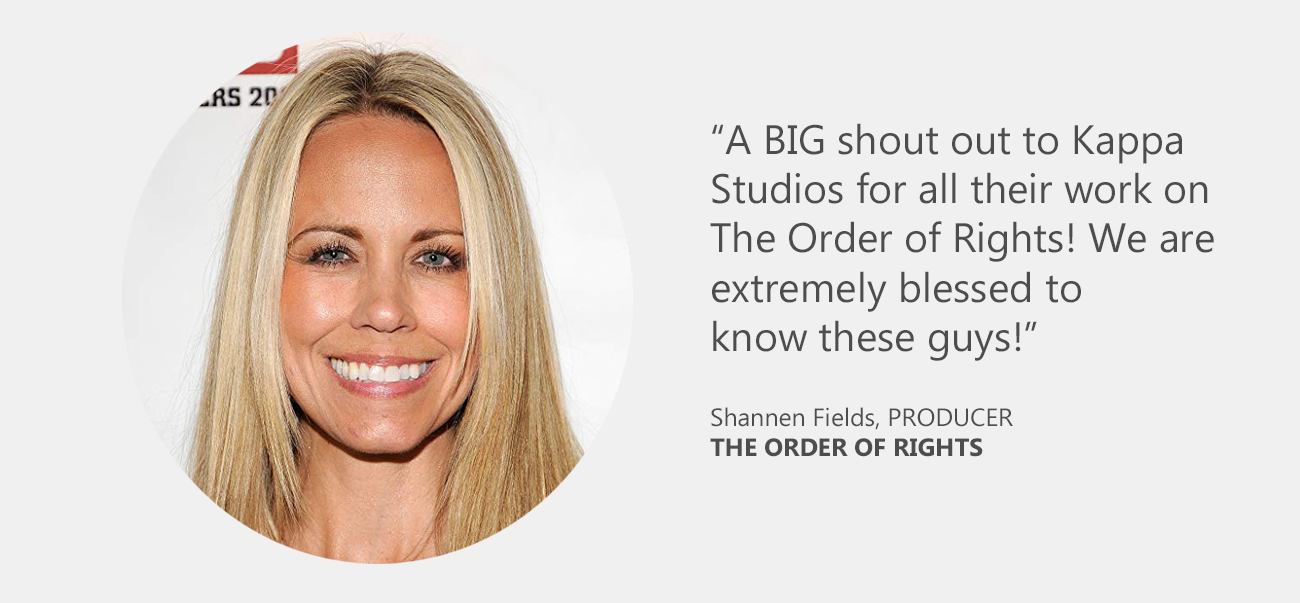
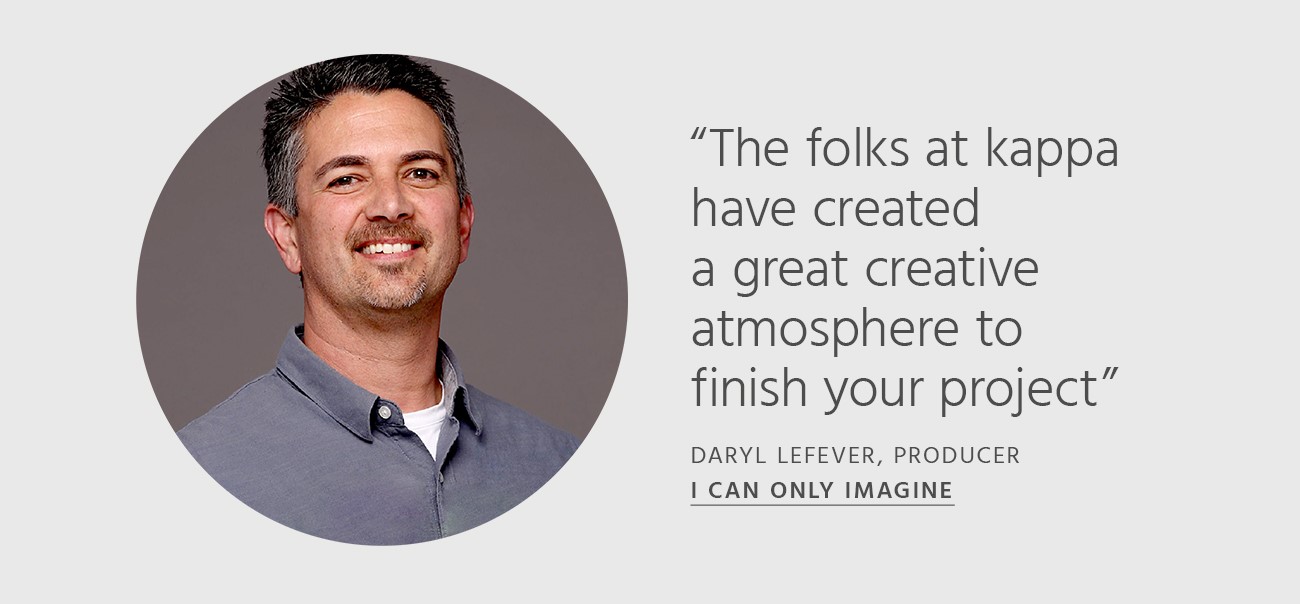
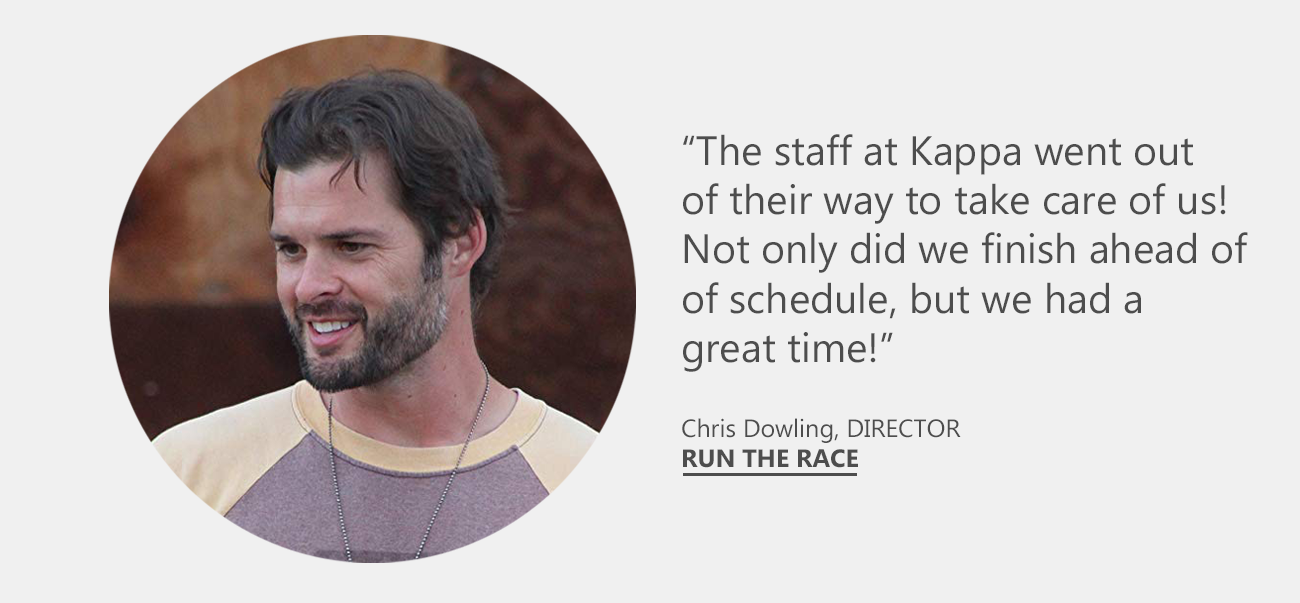
FOR-PROFIT FUNDING PARTNER
- Marketing & Distribution funders 40% (prorated)
- Filmmaker/Film funders 35%
- Kappa Distribution 25%
- Marketing & Distribution funders 10% (prorated)
- Filmmaker/Film funders 70%
- Kappa Distribution 20%
Are you a fund? If so, the profits from the finances you provide can go back into your fund.
Funding Progress
Make An Impact Today
$927,296
2,173 People*
Current and Previous Projects

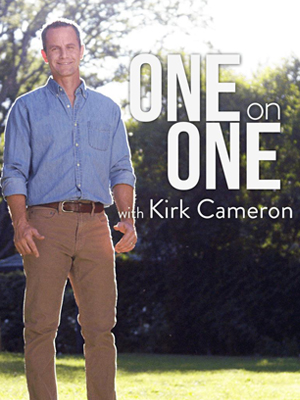
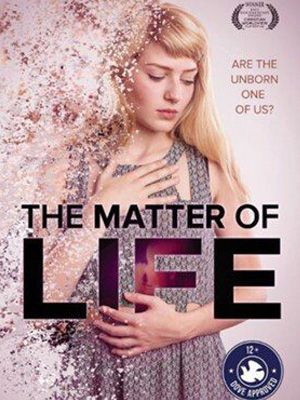
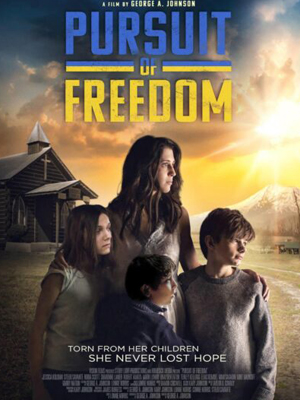
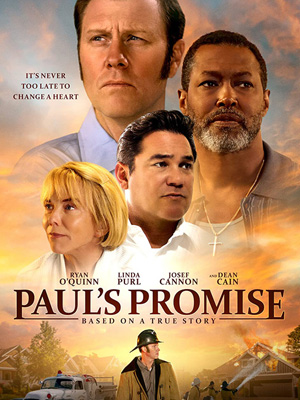

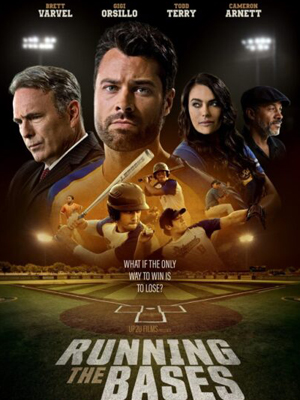

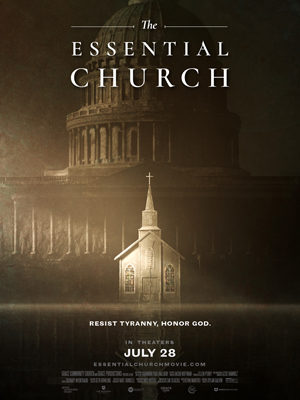
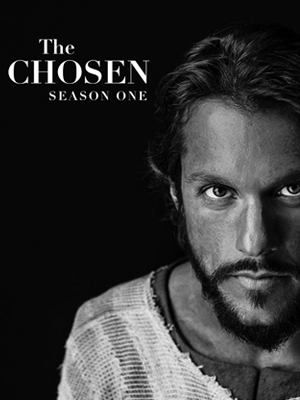


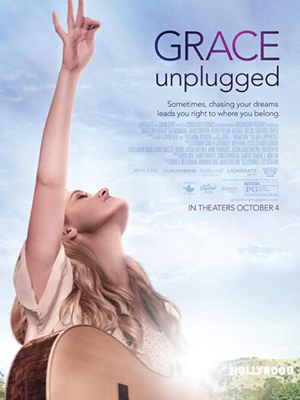
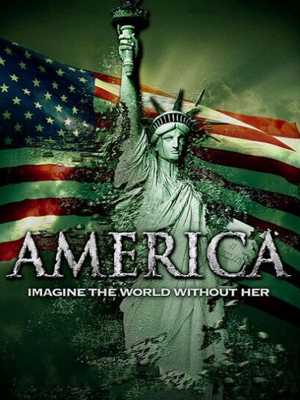
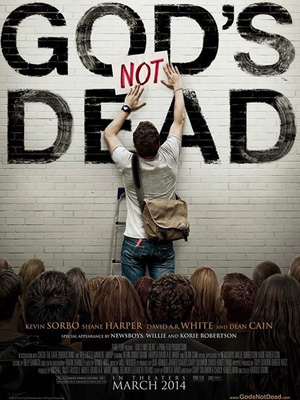

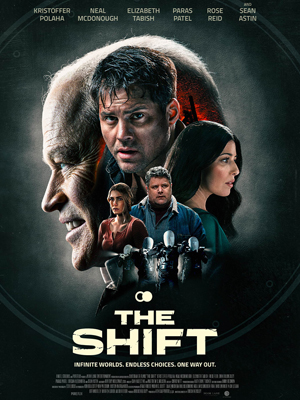
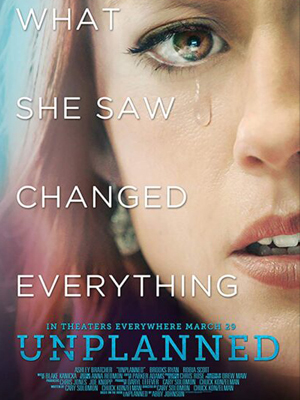

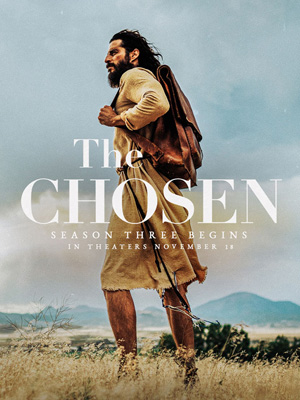
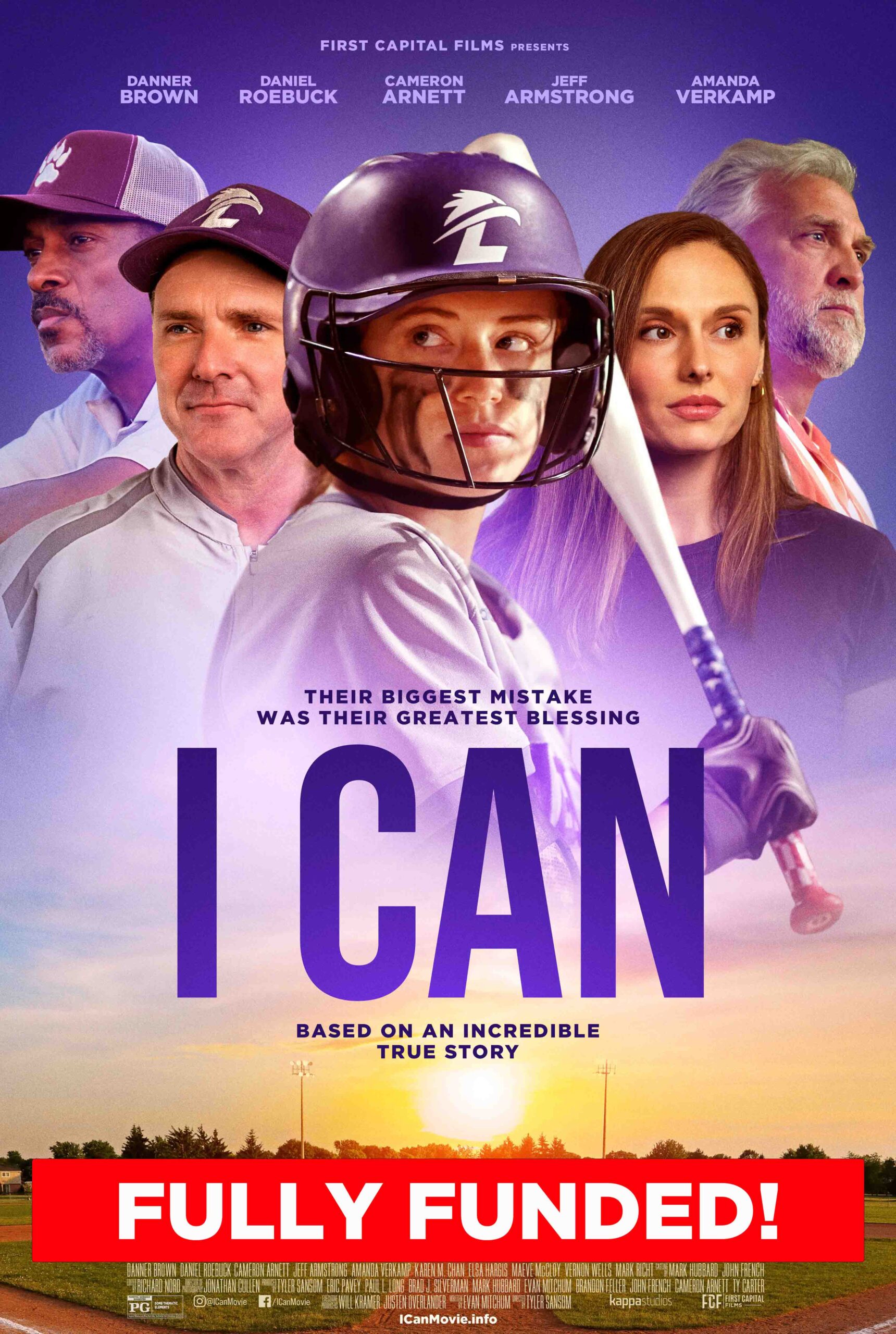
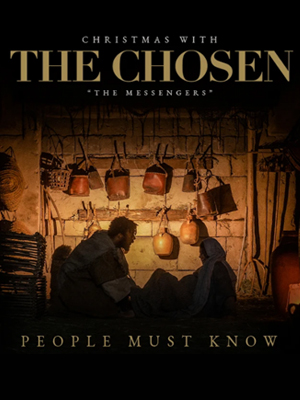
PAST KAPPA COLLABORATIONS


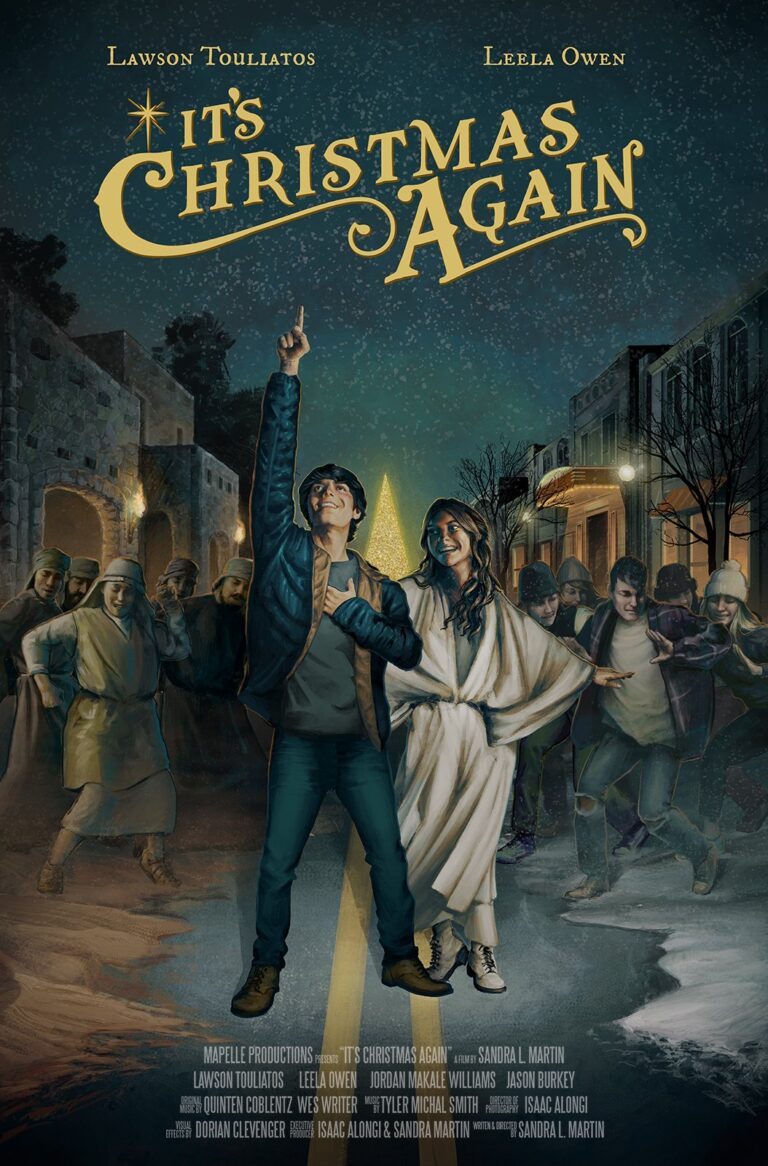

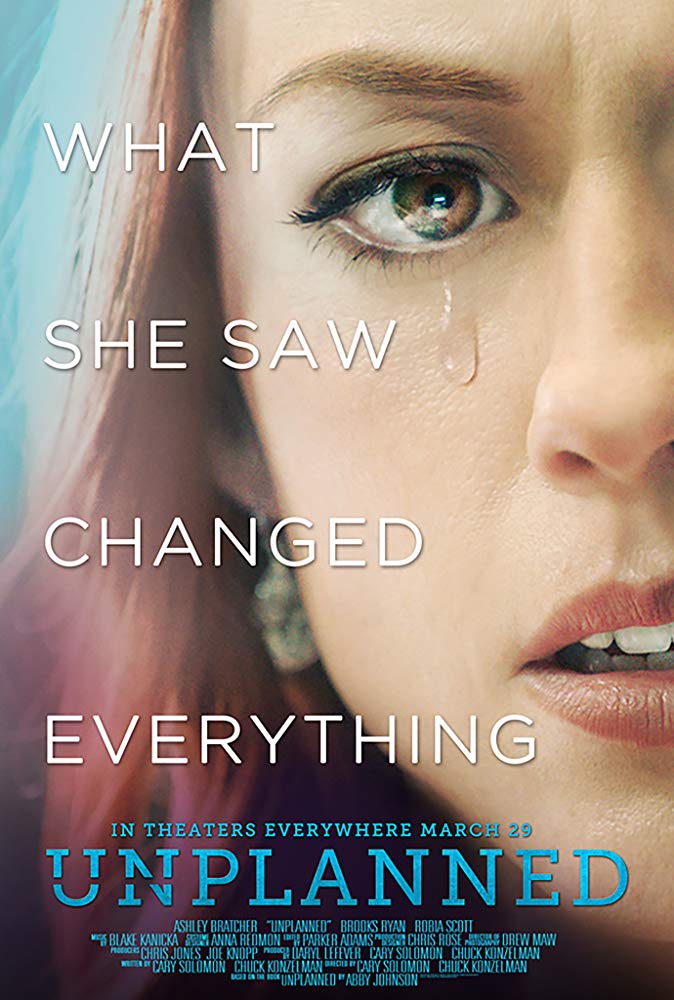
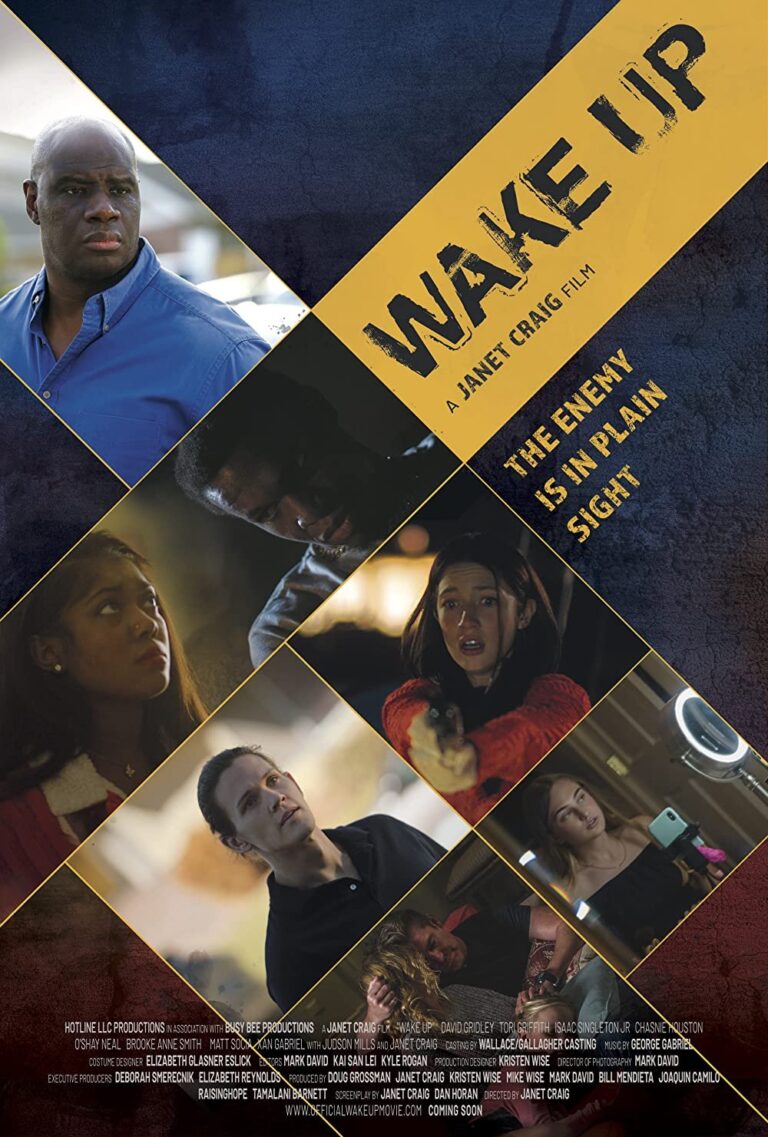


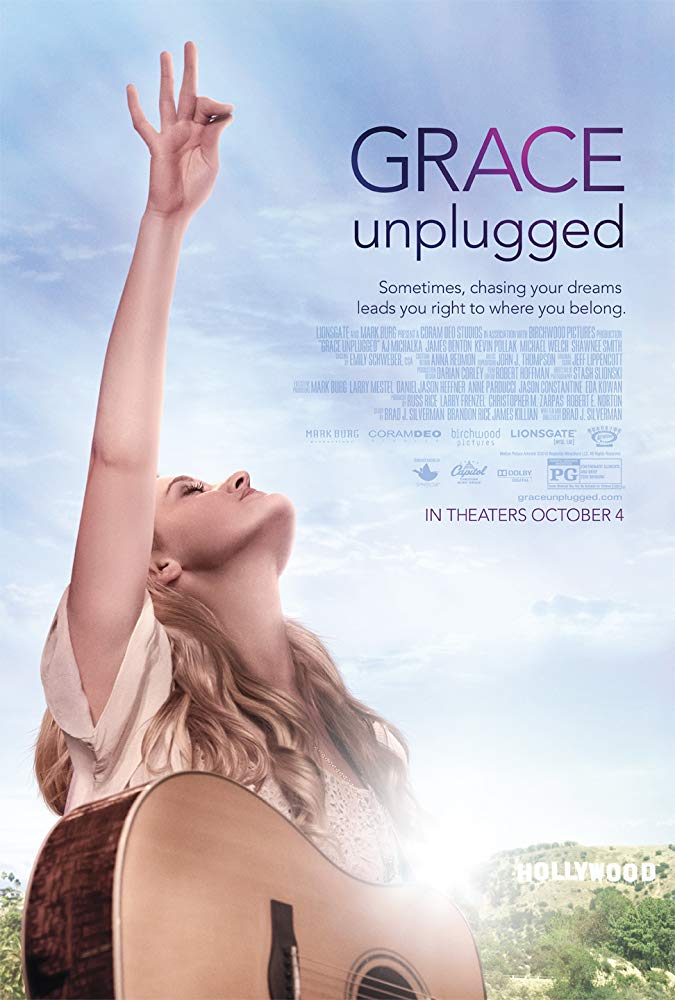

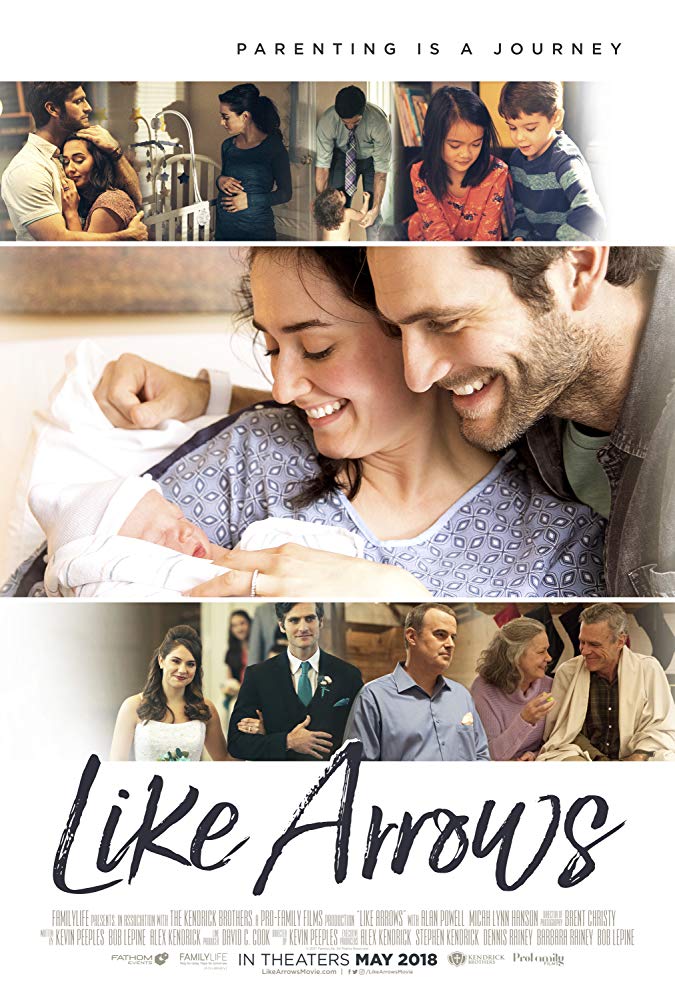








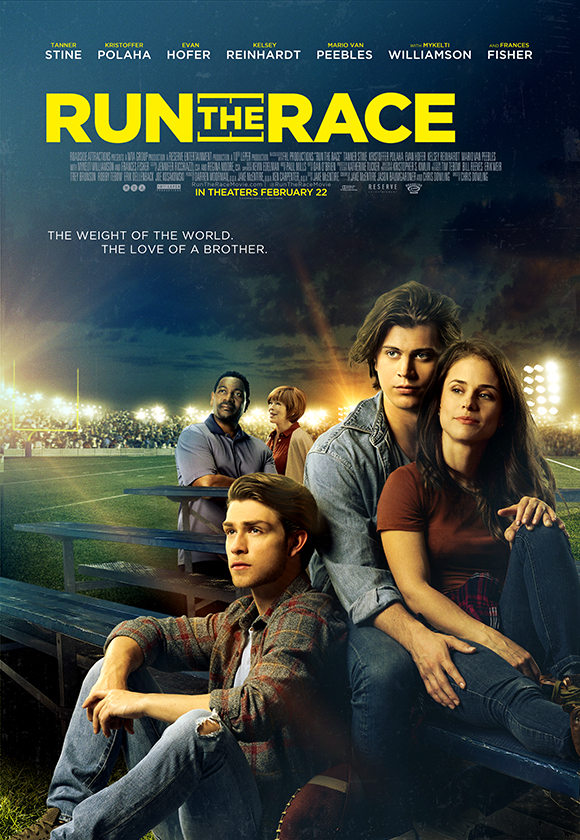
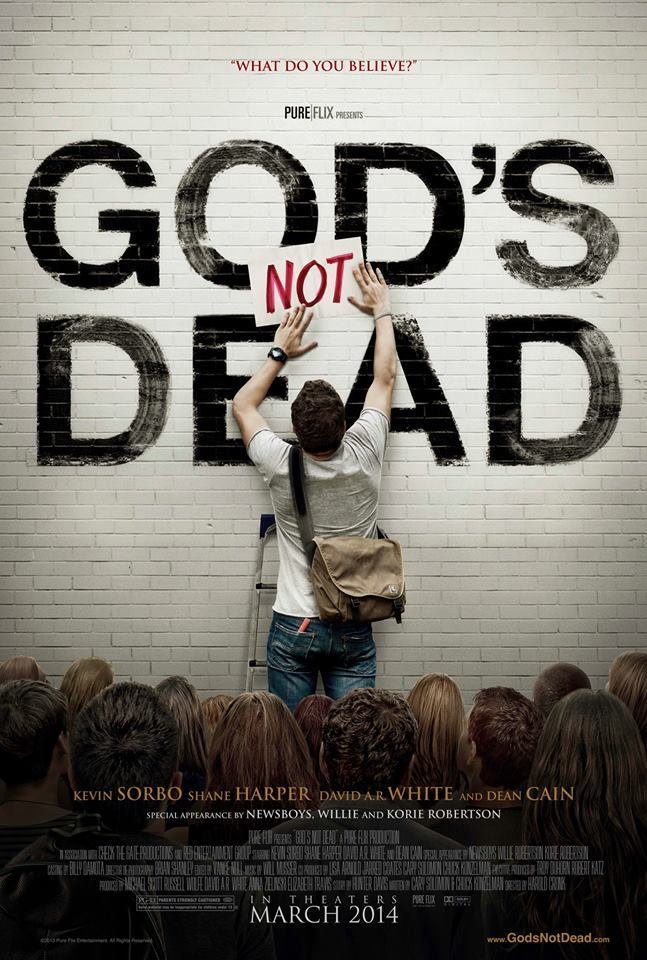

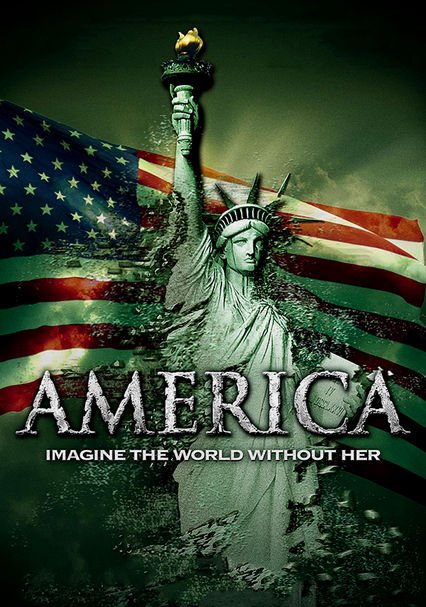






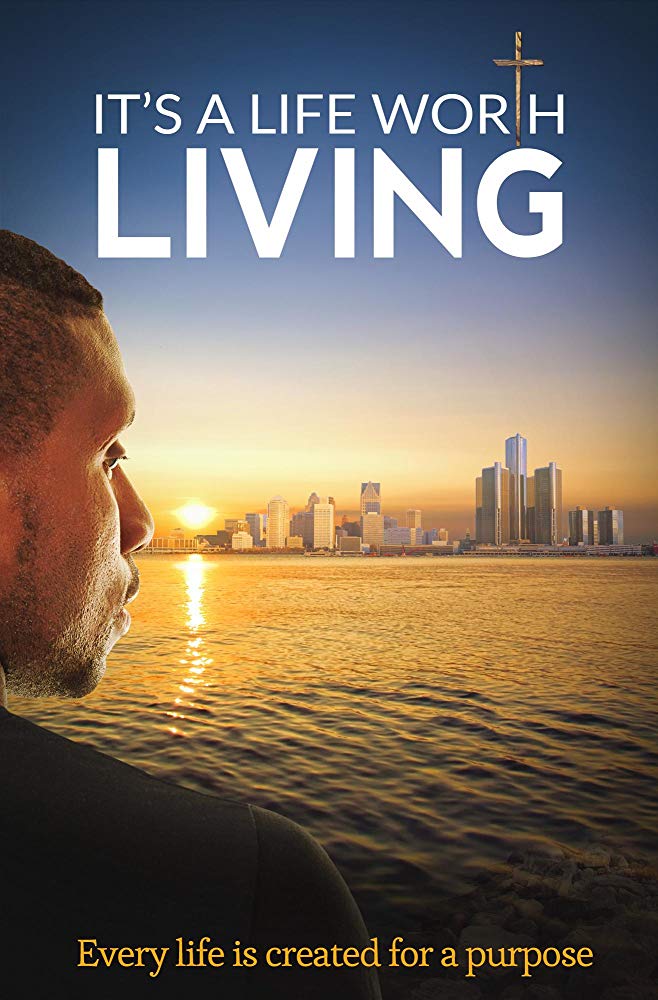
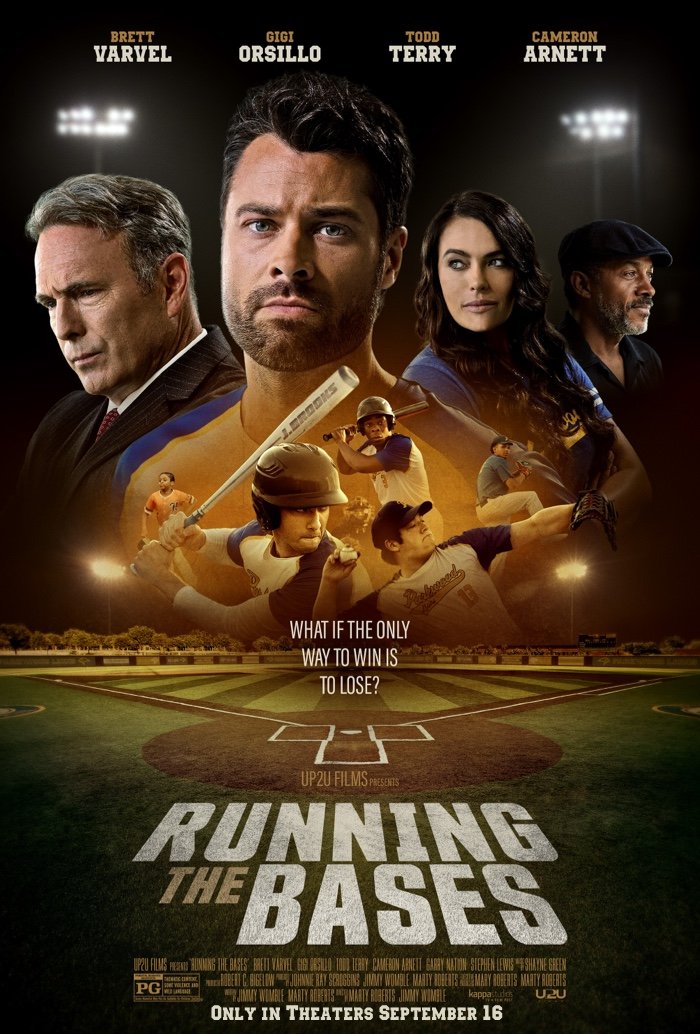
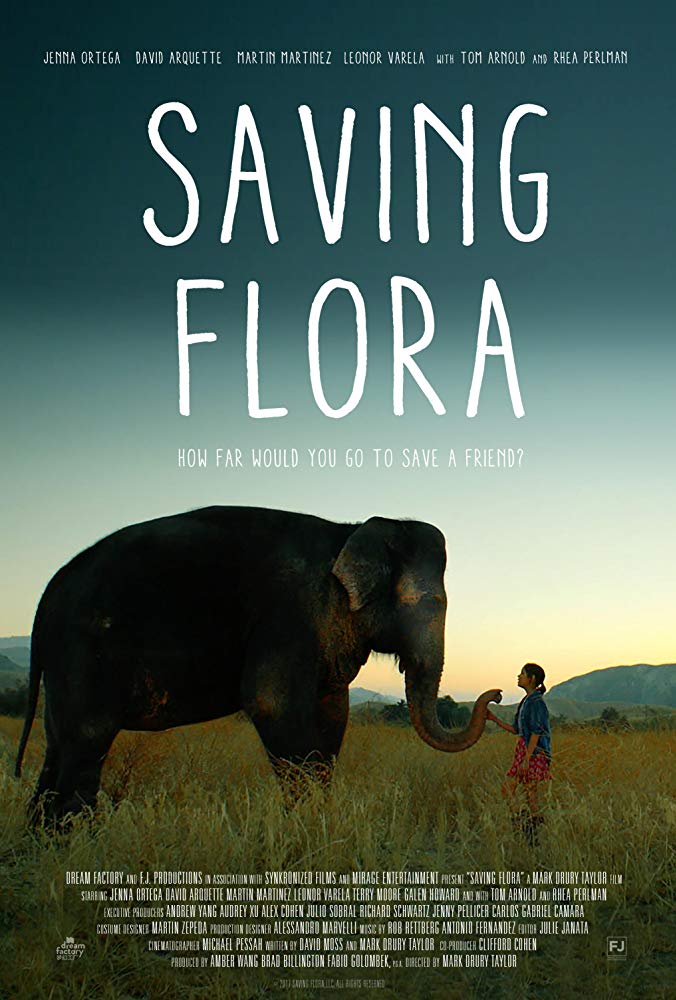

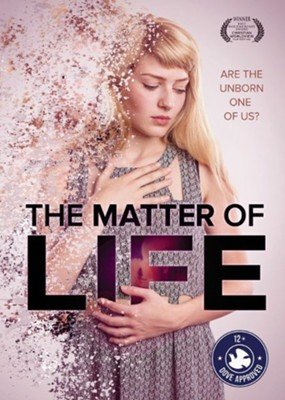






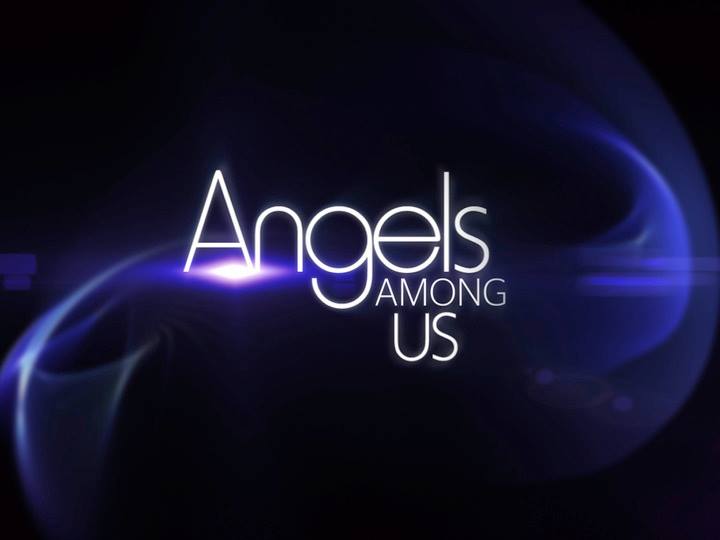
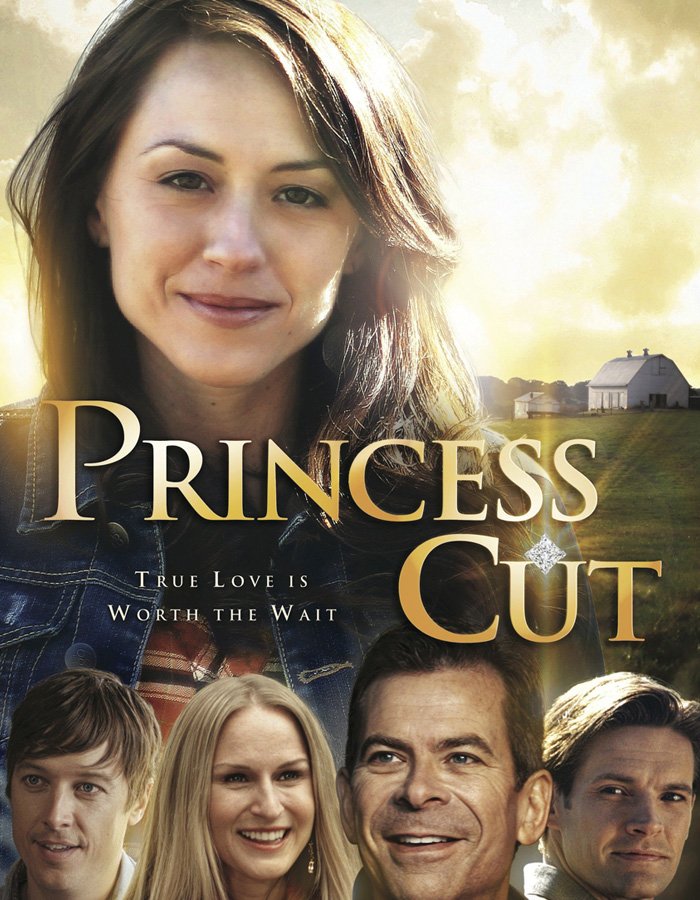

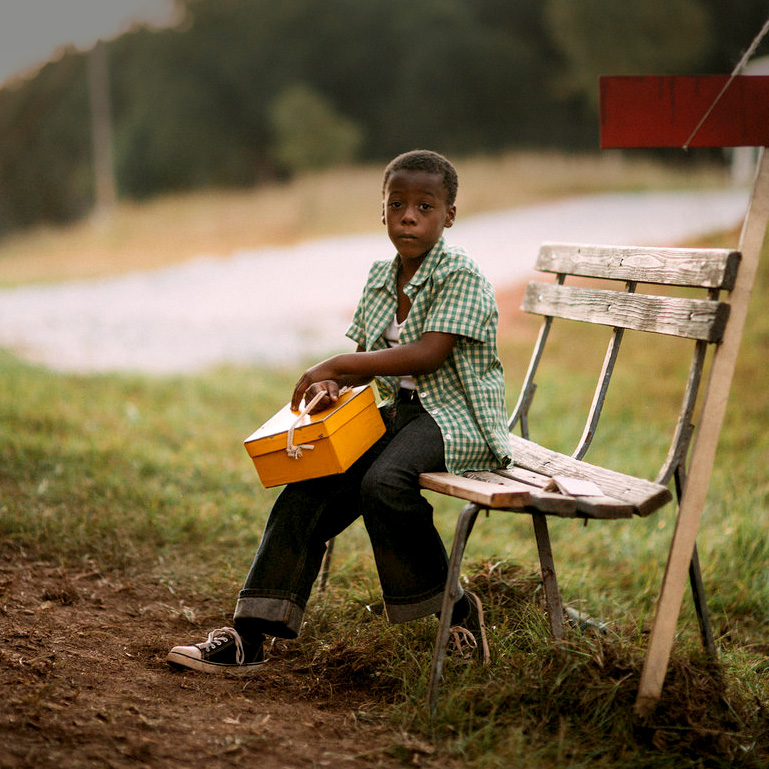

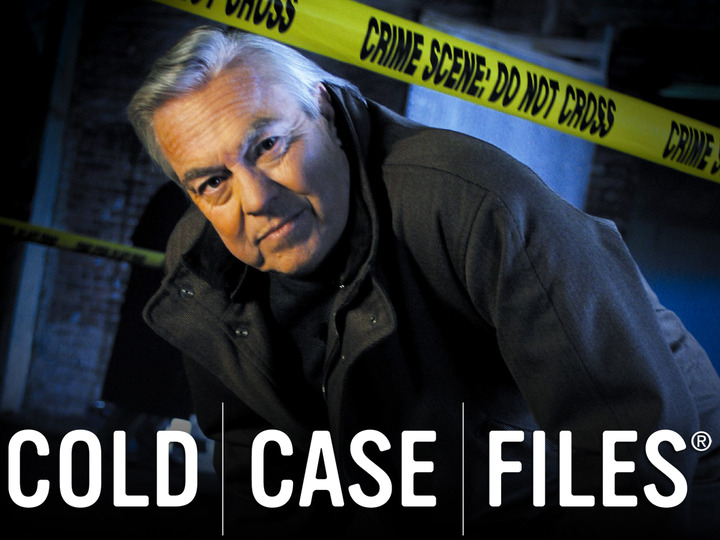




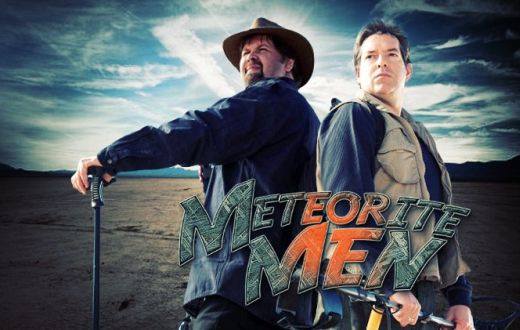



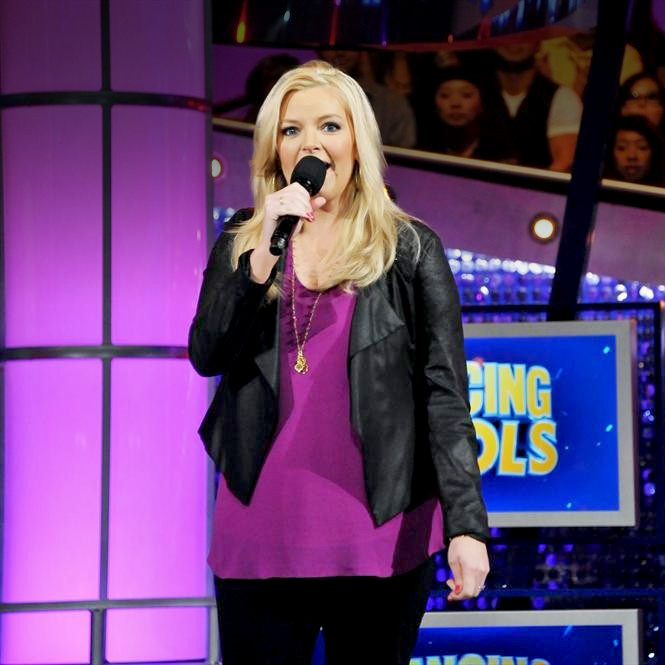
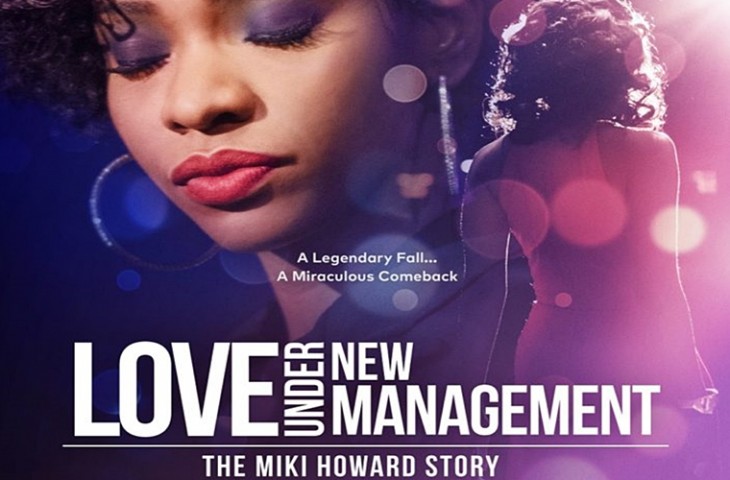

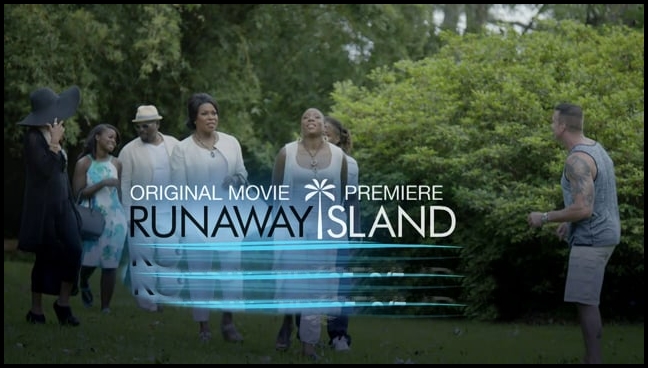
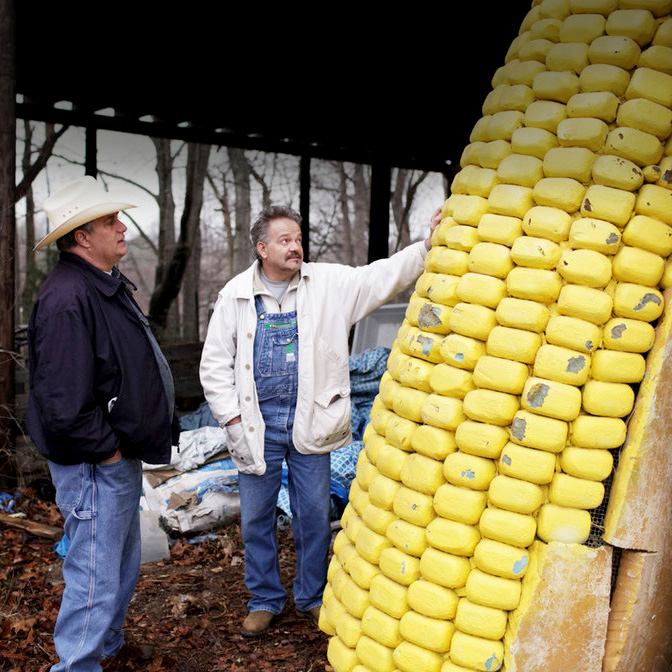
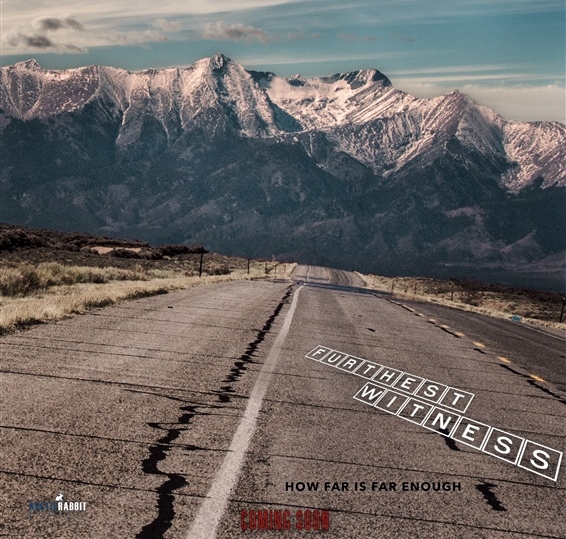


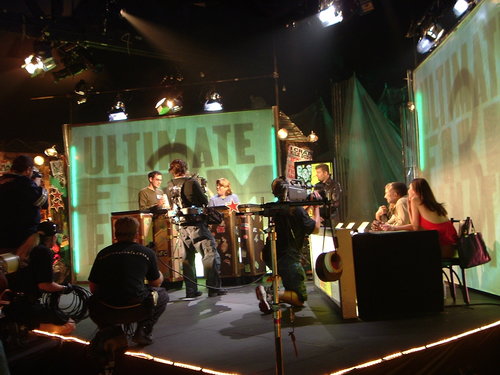

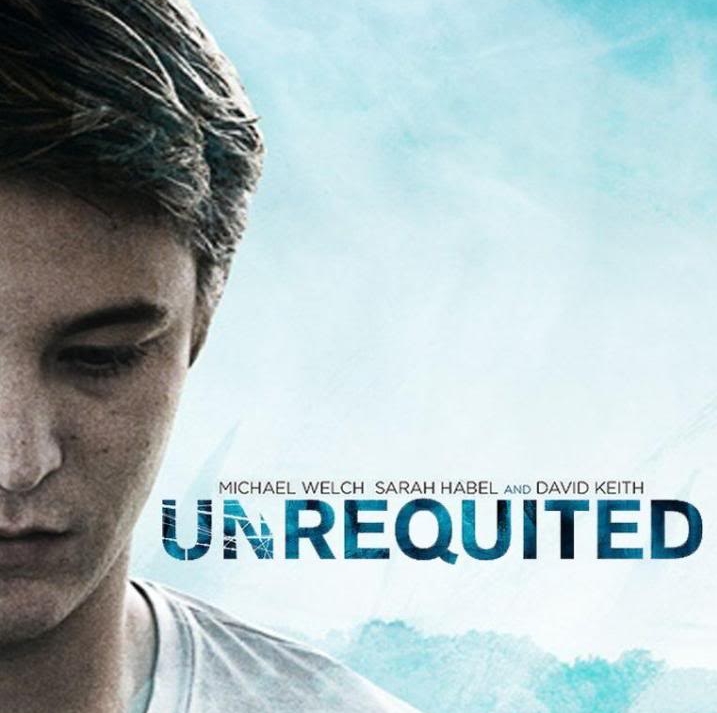

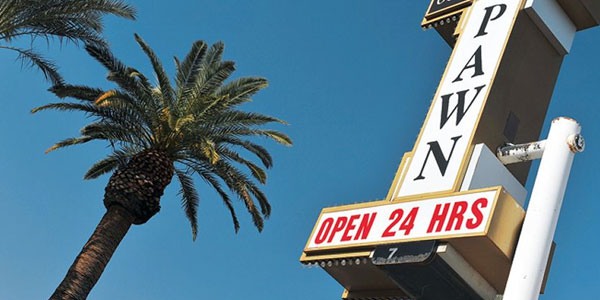


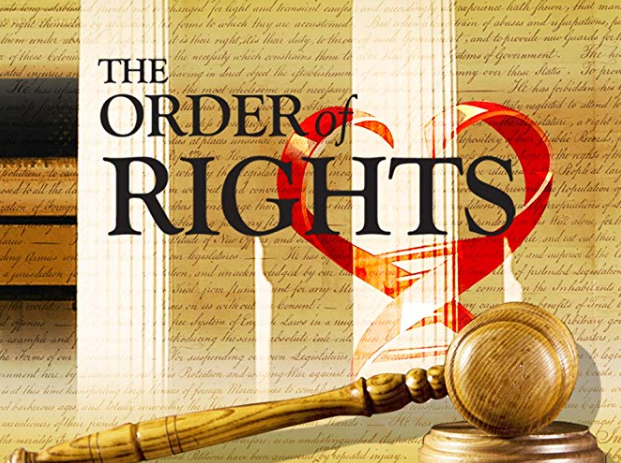




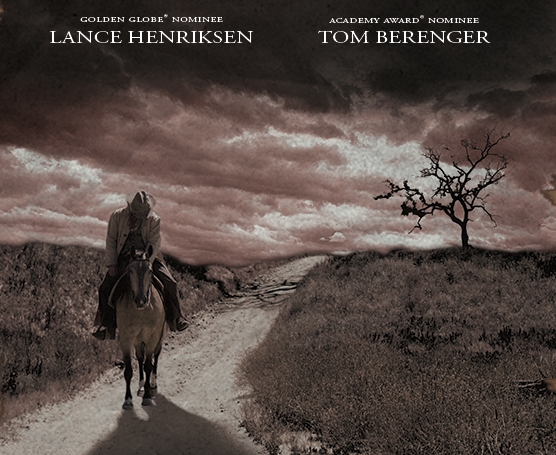

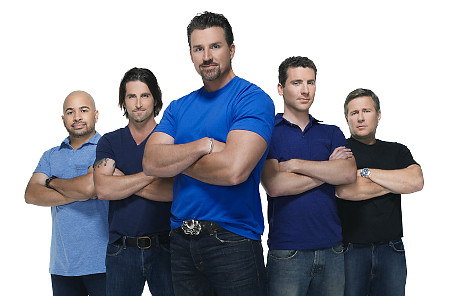



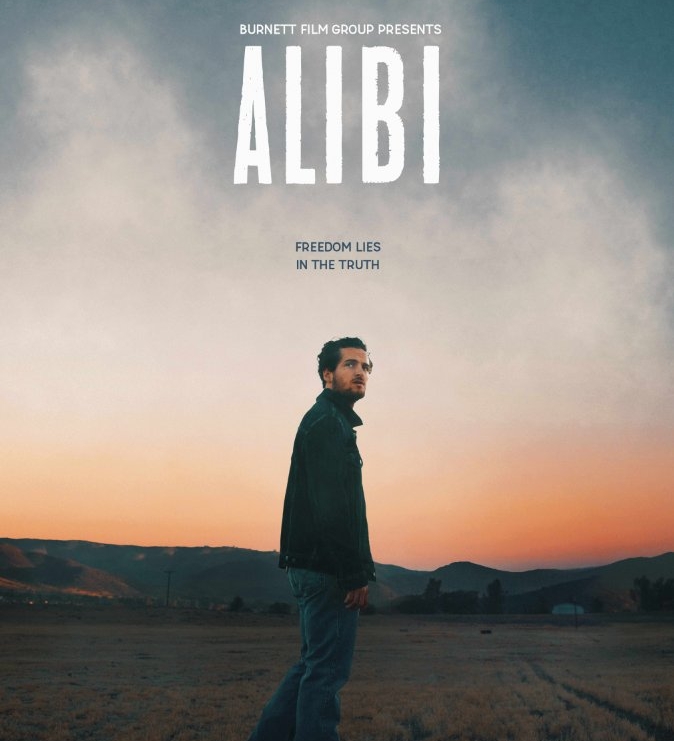

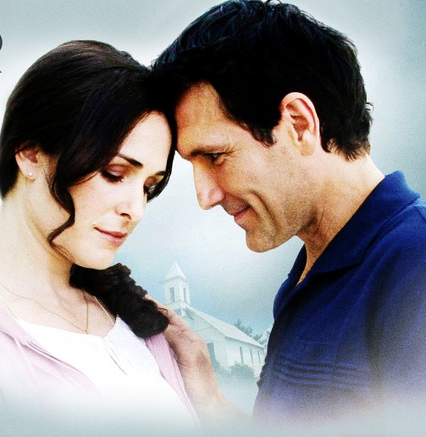
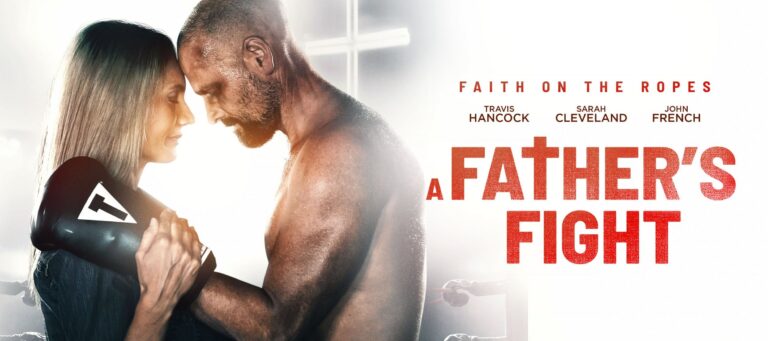
FAQ
What is Kappa Studios?
Kappa Studios is a Burbank, California based post-production service provider for film and television for over 25 years. In 2016, the company shifted its focus exclusively to faith and family-friendly content.
What is Kappa's role in film and television production?
What is Kappa Distribution?
What challenges do Kappa Studios help solve?
What is the mission of Kappa Studios in conjunction with The Christian Film Finishing Fund (CFFF)?
What happens with the profits from gospel-advancing film and TV projects?
Financial profits received from CFFF film or TV projects are placed back into the donor's non-profit donor advised fund or back into the CFFF. No financial profits can be legally returned directly to the donor.
What is the Kappa Studios impact investment model?
Kappa Studios has an innovative financial model where, after distribution income is received, this income is divided between the content creator (40%), the impact investor (40%), and Kappa Distribution (20%). Once the investor has received a 100% return, the split changes to 75% for the content creator, 10% for the investor, and 15% for Kappa Distribution.
How can I donate to The Christian Film Finishing Fund?
You can make a tax-deductible donation to The Christian Film Finishing Fund through their donation platform.
Who do I contact for more information about Kappa Studios?
For more information, you can contact Brad Silverman at brad@kappastudios.com.

© Copyright 2025 Kappa Impact, inc.

